Military
The Typical American Can’t Answer These Simple Revolutionary War Questions

Published:
Last Updated:

The Revolutionary War was one of American history’s most important and decisive moments, which is why it’s taught early on in schools nationwide. For that reason, there is an expectation that most people have at least rudimentary knowledge of the conflict, major individuals that played a role, and a rough timeline of how the war played out.
Unfortunately, this isn’t universally true, as the typical American cannot answer some simple and easy questions about the Revolutionary War. It’s hard to say why most Americans don’t remember much about this historical moment and its significance in the country’s founding. Still, it doesn’t mean it’s any less important to know, as it’s part of our nation’s history.
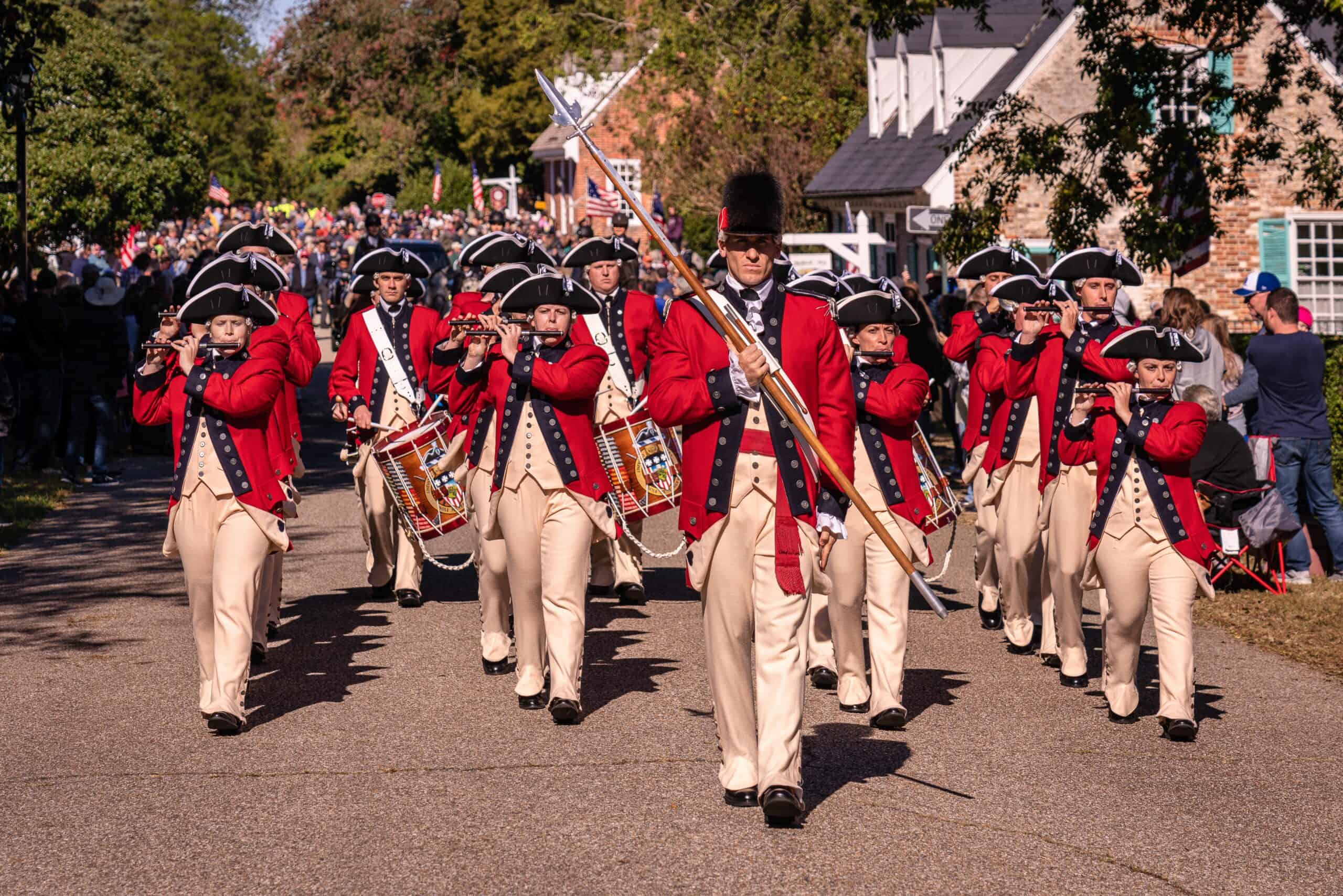
When was the Revolutionary War fought?
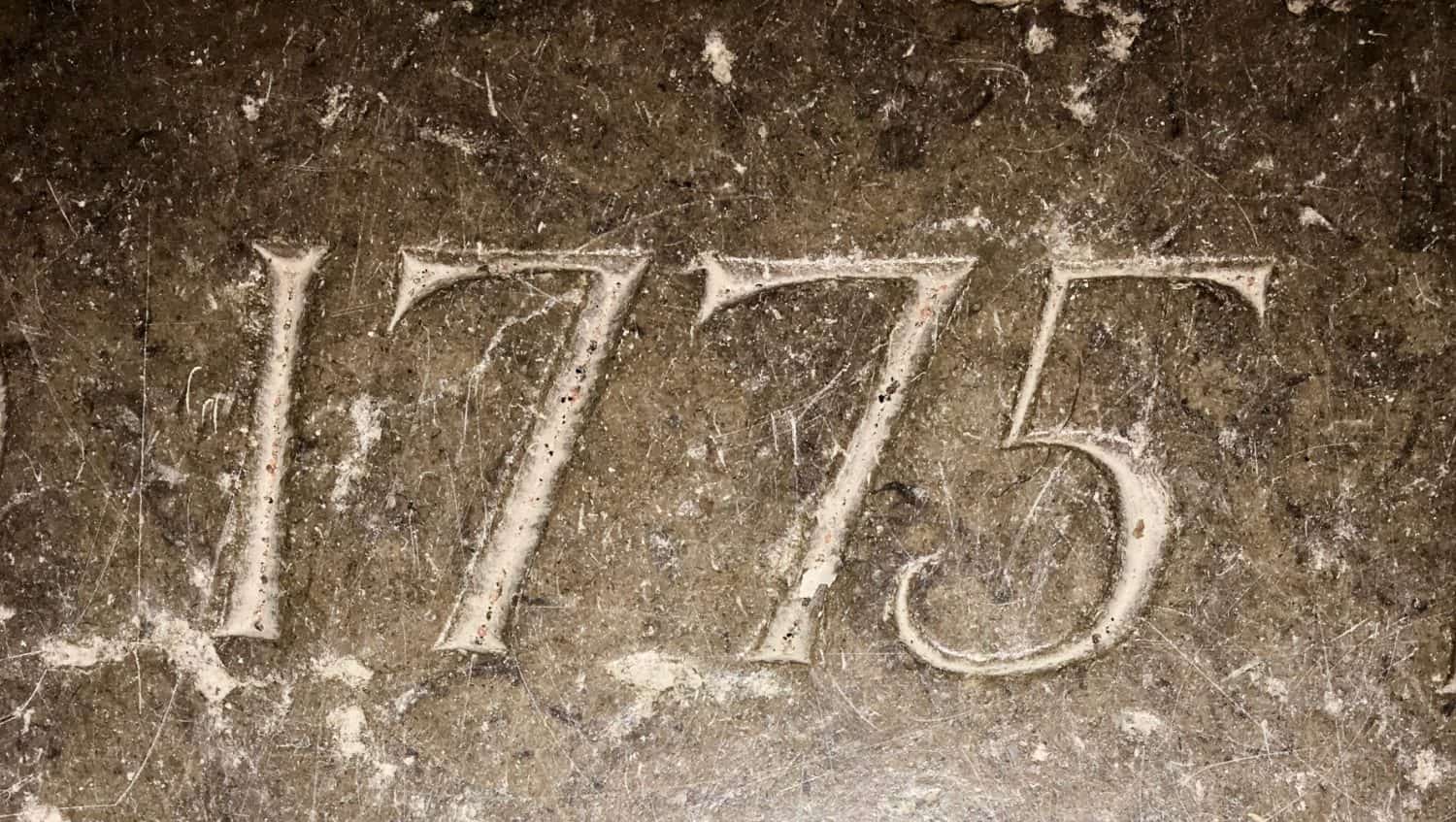
The Revolutionary War officially began in 1775, with fighting at Lexington and Concord in Massachusetts. It did not formally end until after the Siege of Yorktown in 1781, with an official peace treaty, the Treaty of Paris, coming in 1783.
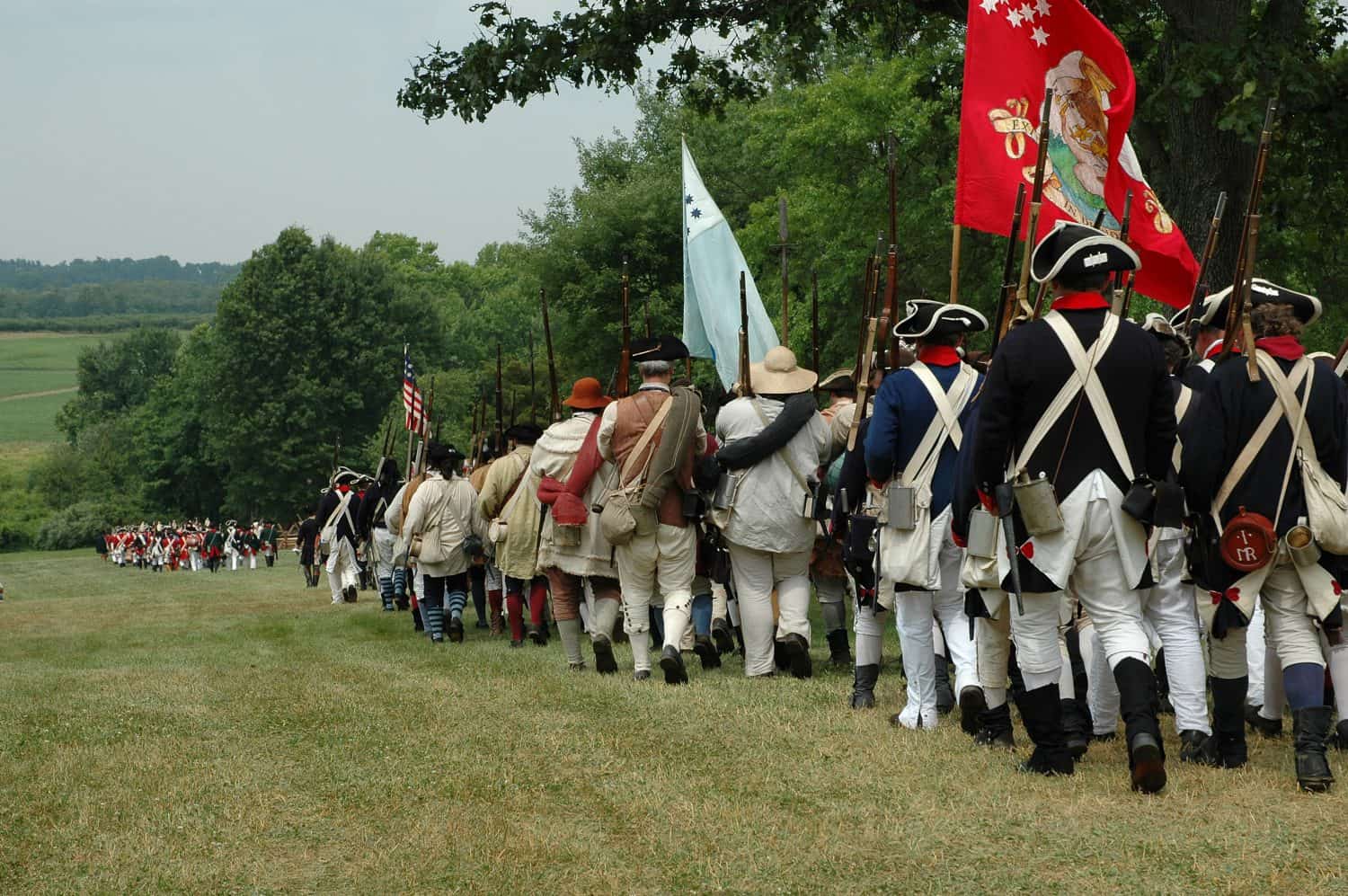
What was the reasoning behind the beginning of the Revolutionary War?
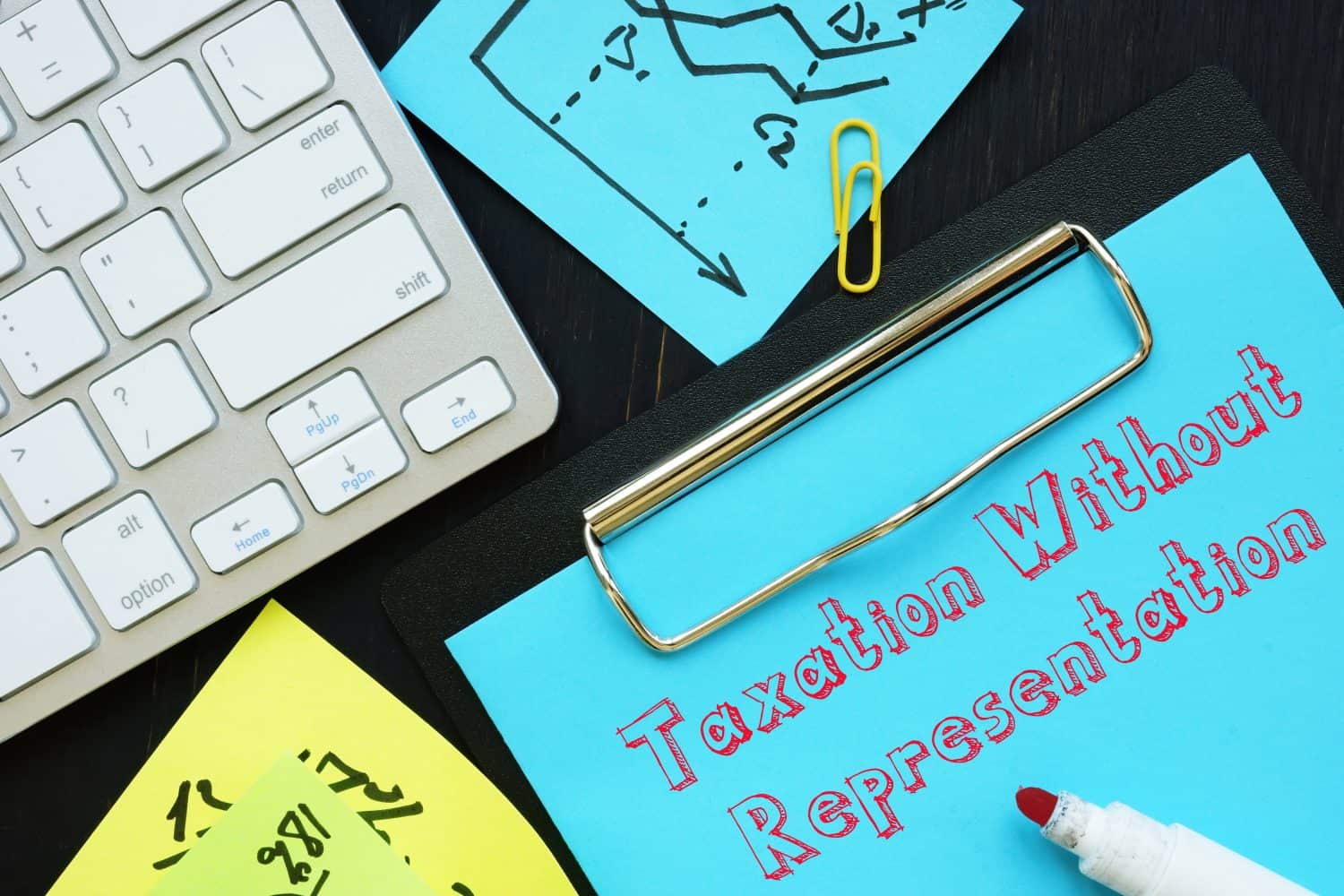
The big answer is that the colonies were fighting for independence from Great Britain, its king, and what they considered unfair taxes. Colonists were frustrated with a lack of representation in the British Parliament, especially after the introduction of acts like the Stamp Act or Townshend Act.
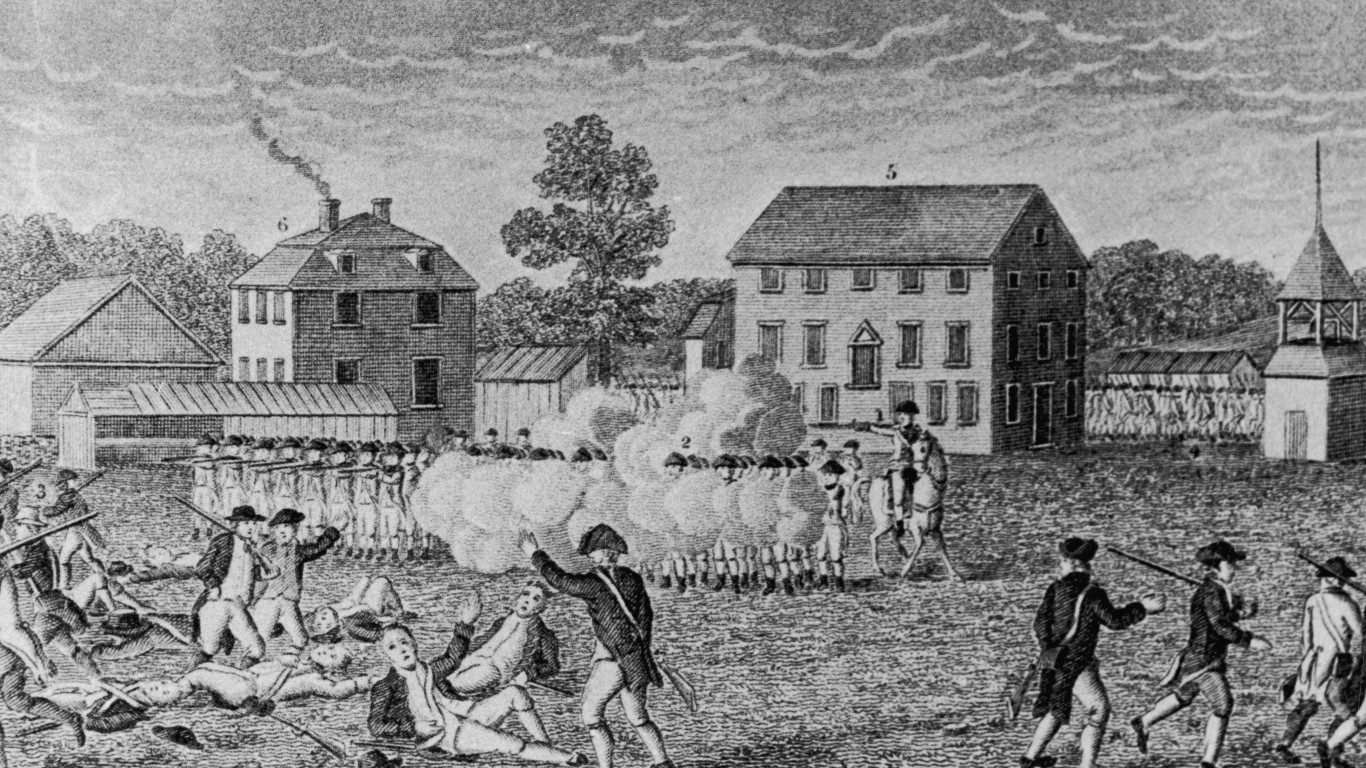
What event kicked off the start of the Revolutionary War?
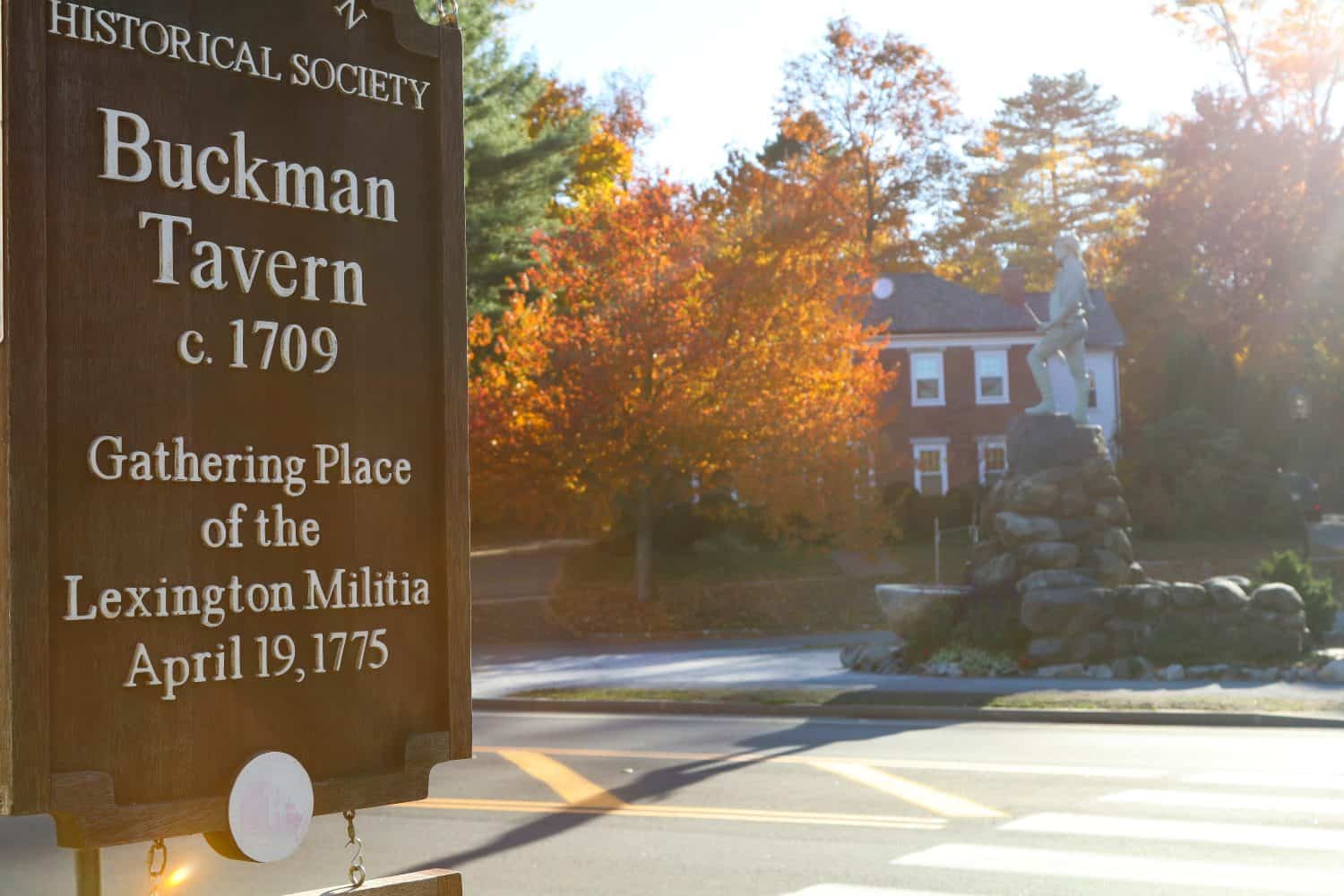
On April 19, 1775, British troops took action to seize colonist weapons and arrest anyone who was outwardly calling for a break from the monarchy. British troops were met by members of an American militia and the conflict began with the “shot heard round the world.”
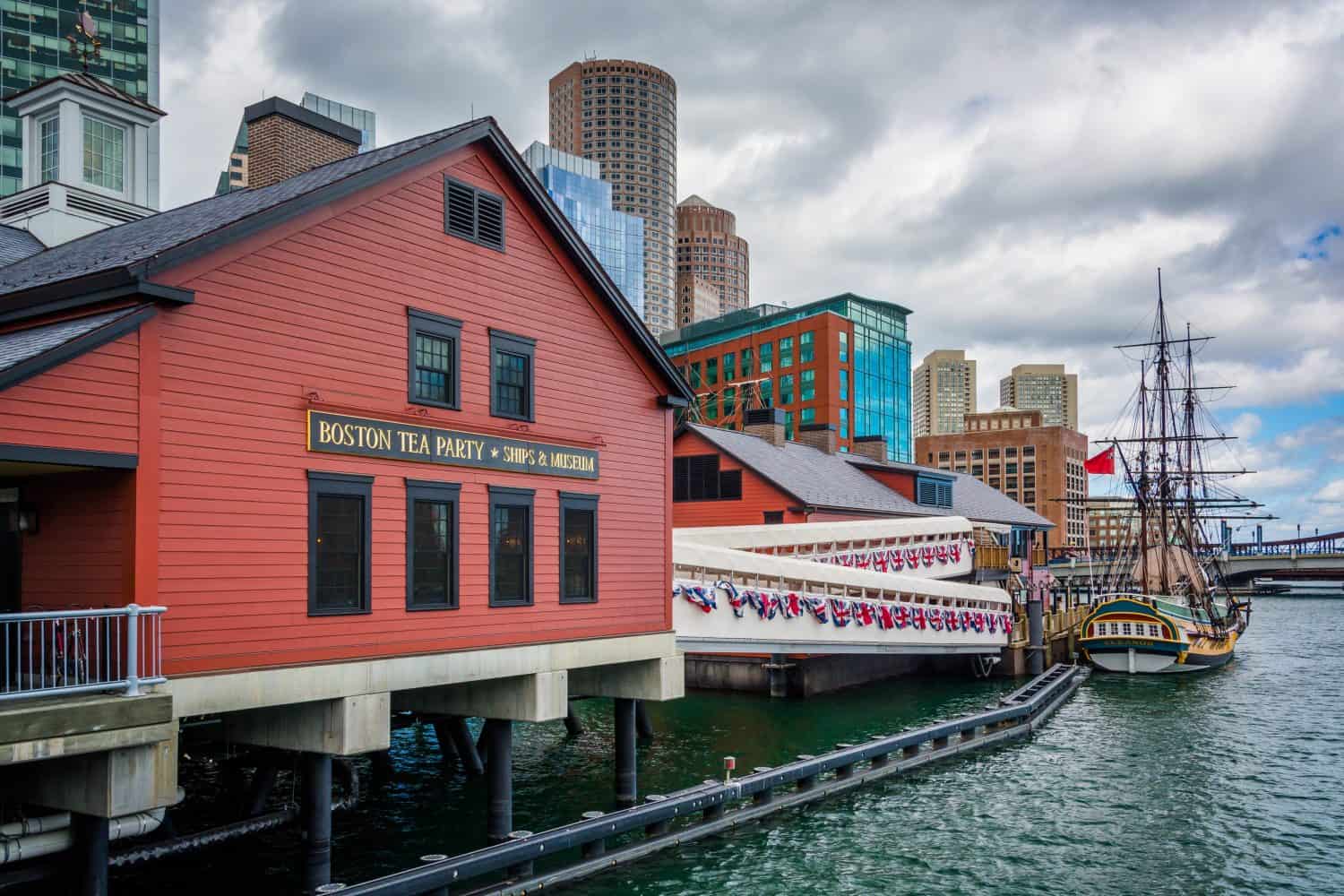
How did the “Boston Tea Party” play into the start of the war?
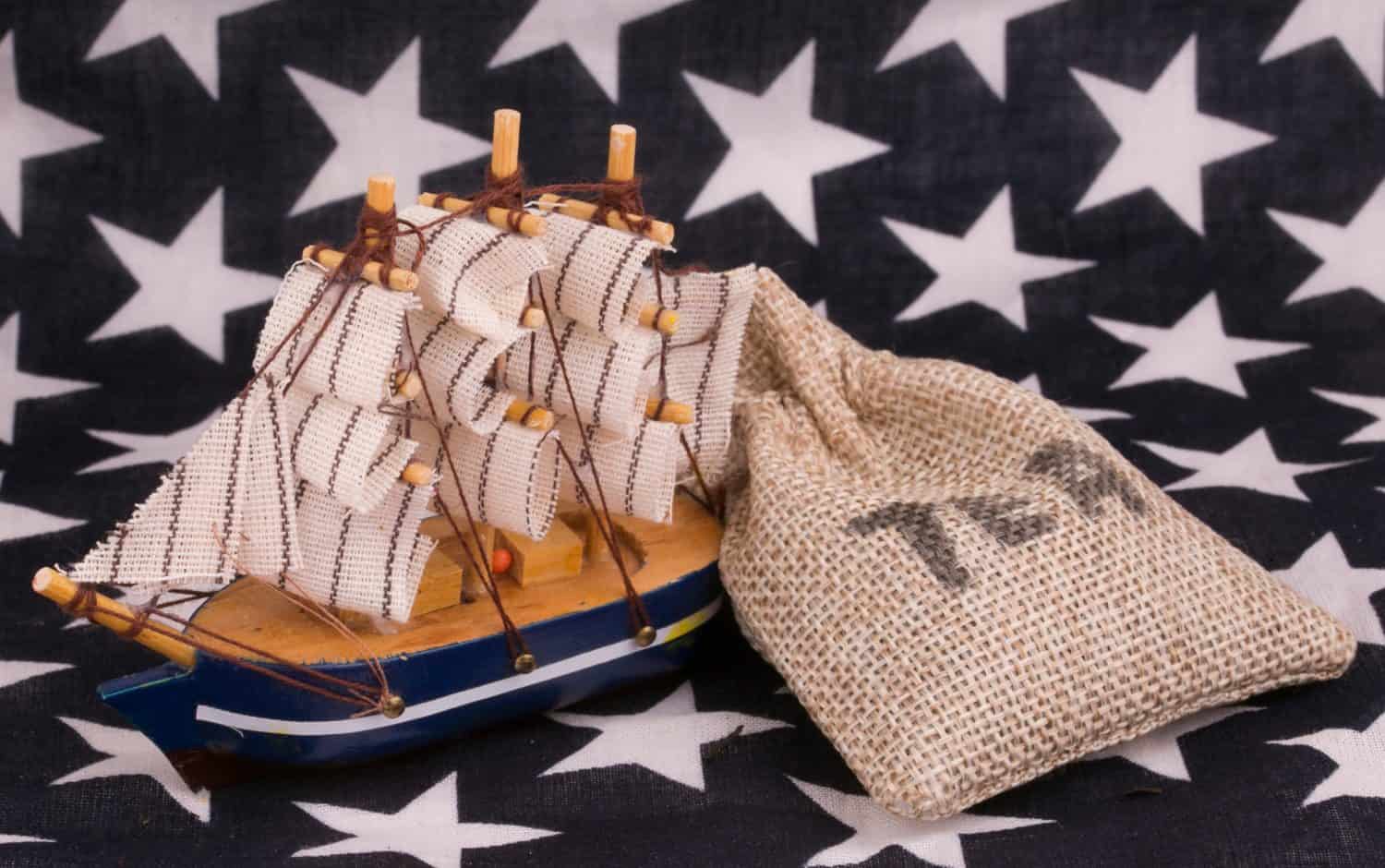
It’s important to know that the Boston Tea Party occurred two years before the start of the war. On December 16, 1773, American colonists dressed up as Mohawk Indians and dumped 342 chests of British tea into the harbor in response to the Tea Act, which gave the British East India Company complete control of the tea market.
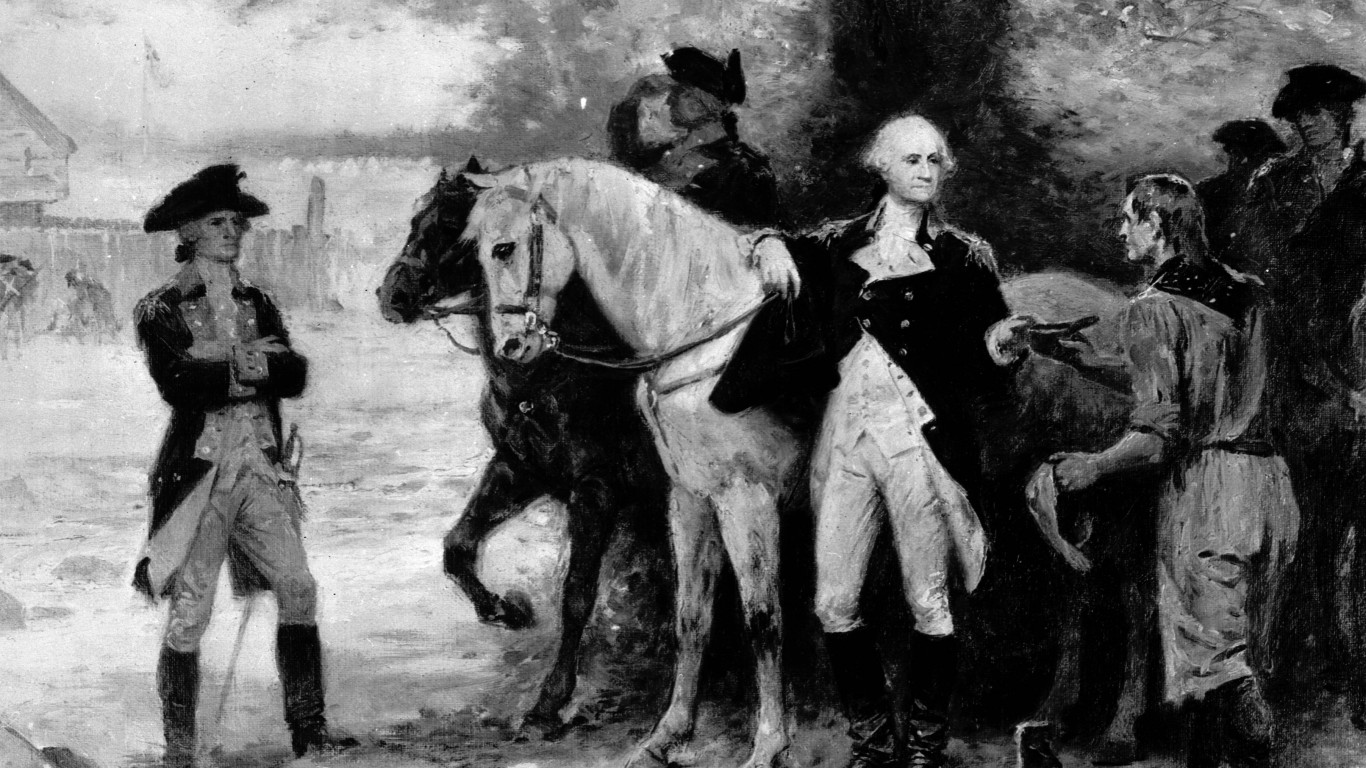
Who was in command of the Continental Army during the Revolutionary War?
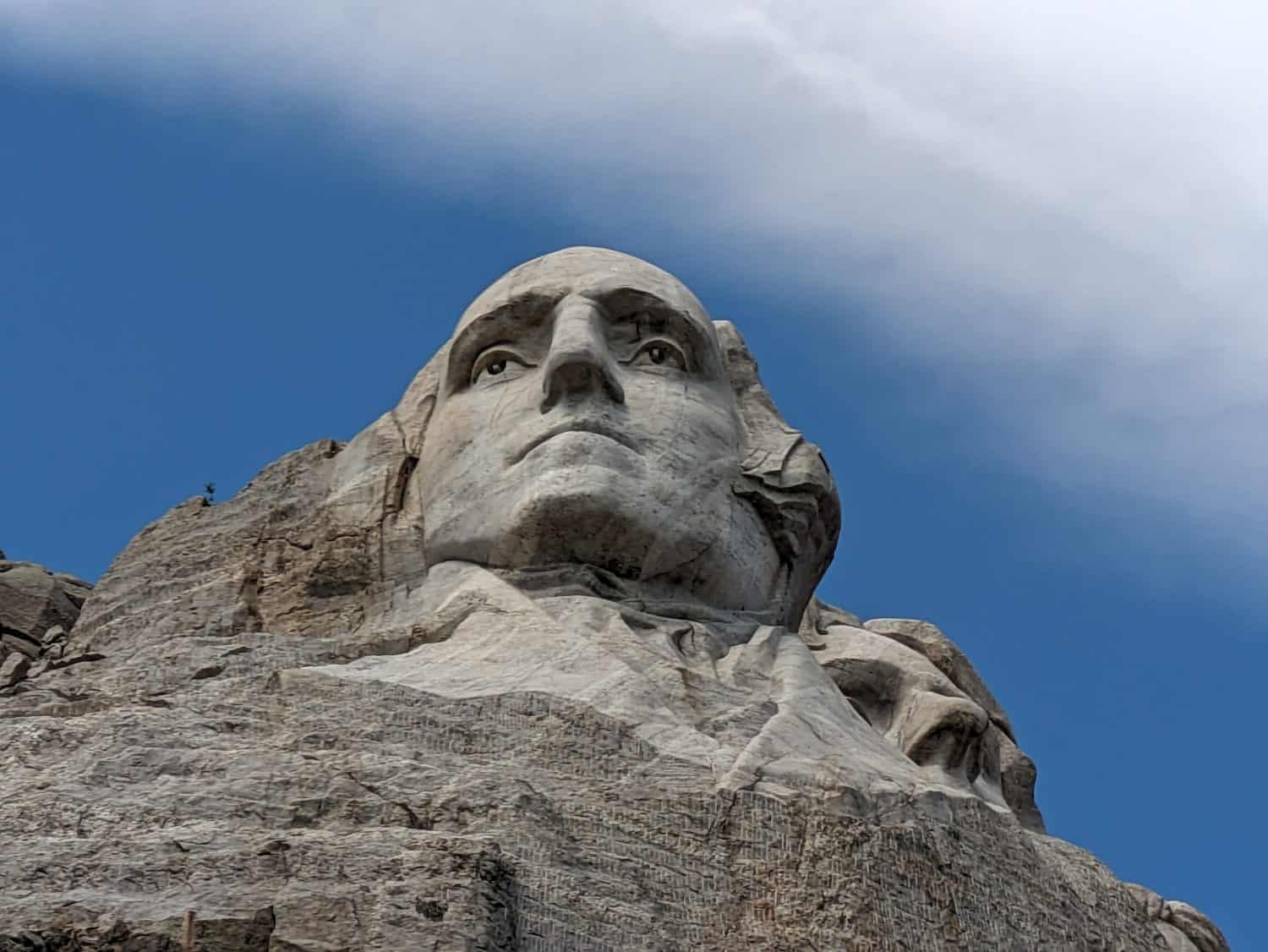
Of all the questions every American should know, it’s this one as George Washington was named Commander-in-Chief of the Continental Army by the Second Continental Congress in 1775. After his role in the war, Washington would famously become America’s first president.
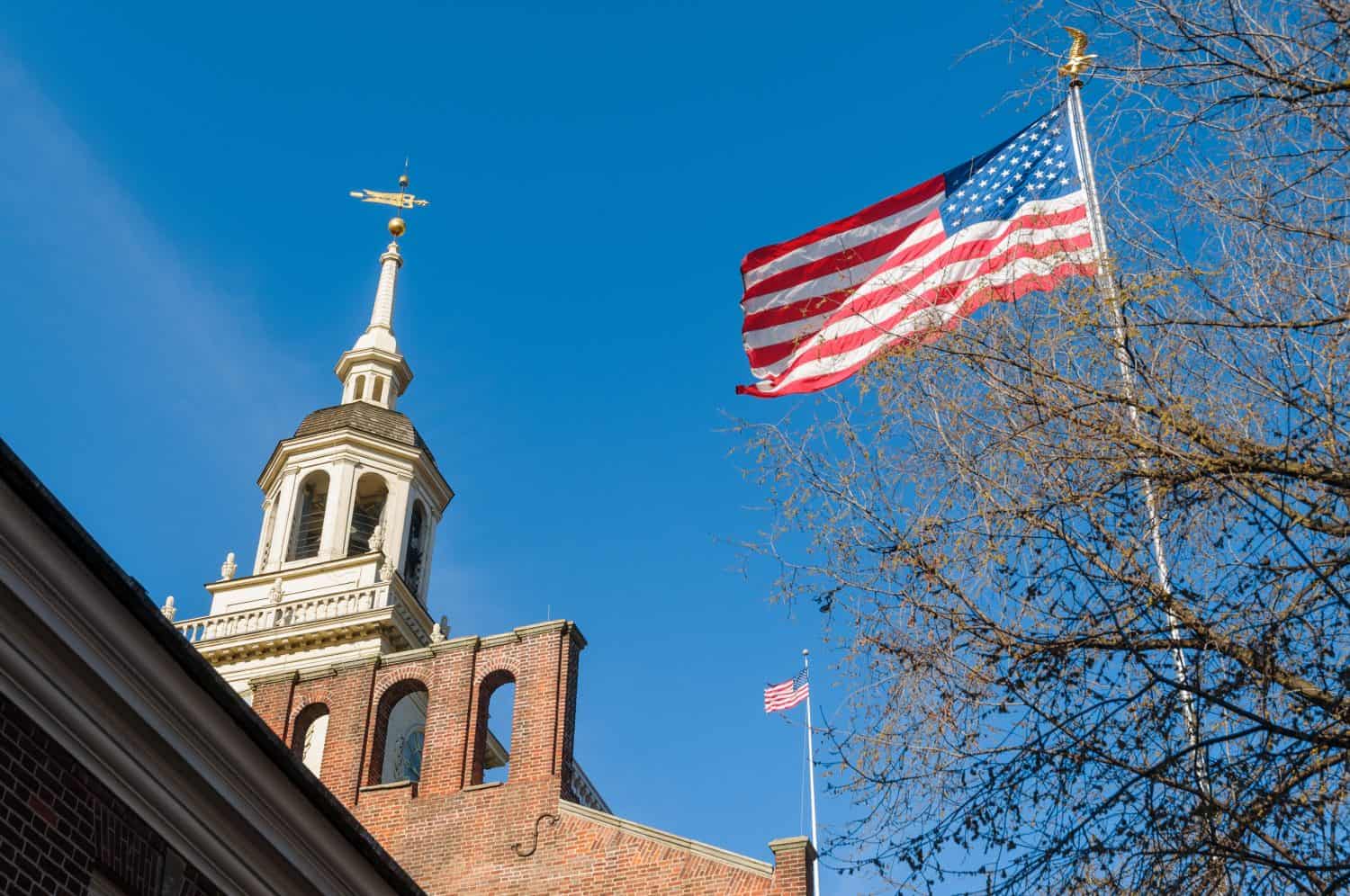
What was the purpose of the Continental Congress?
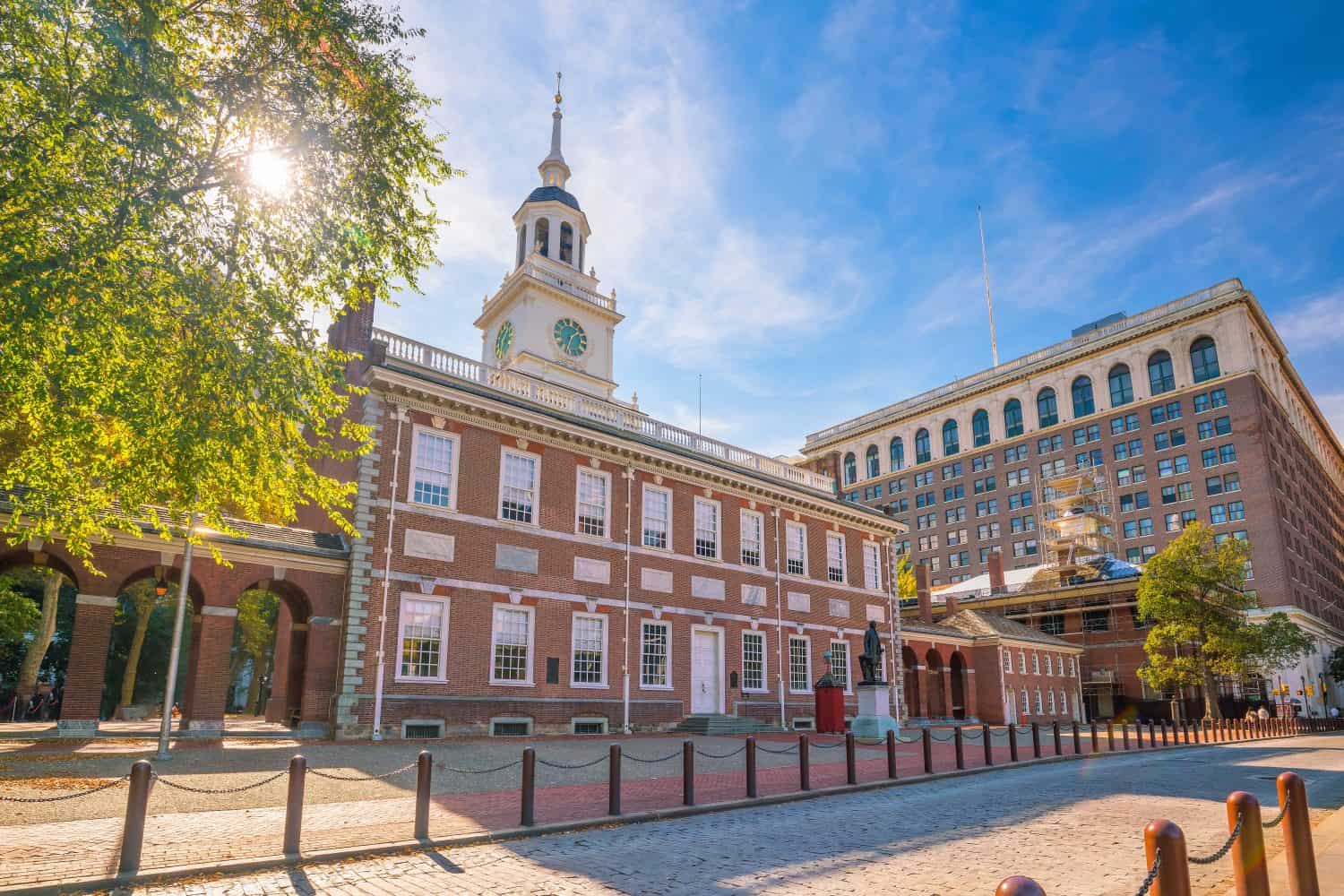
The Continental Congress was the first truly official governing body of the United States. First established with the First Continental Congress in 1774, this group made a list of grievances against the British crown. The Second Continental Congress formed the Continental Army and ratified the Declaration of Independence.
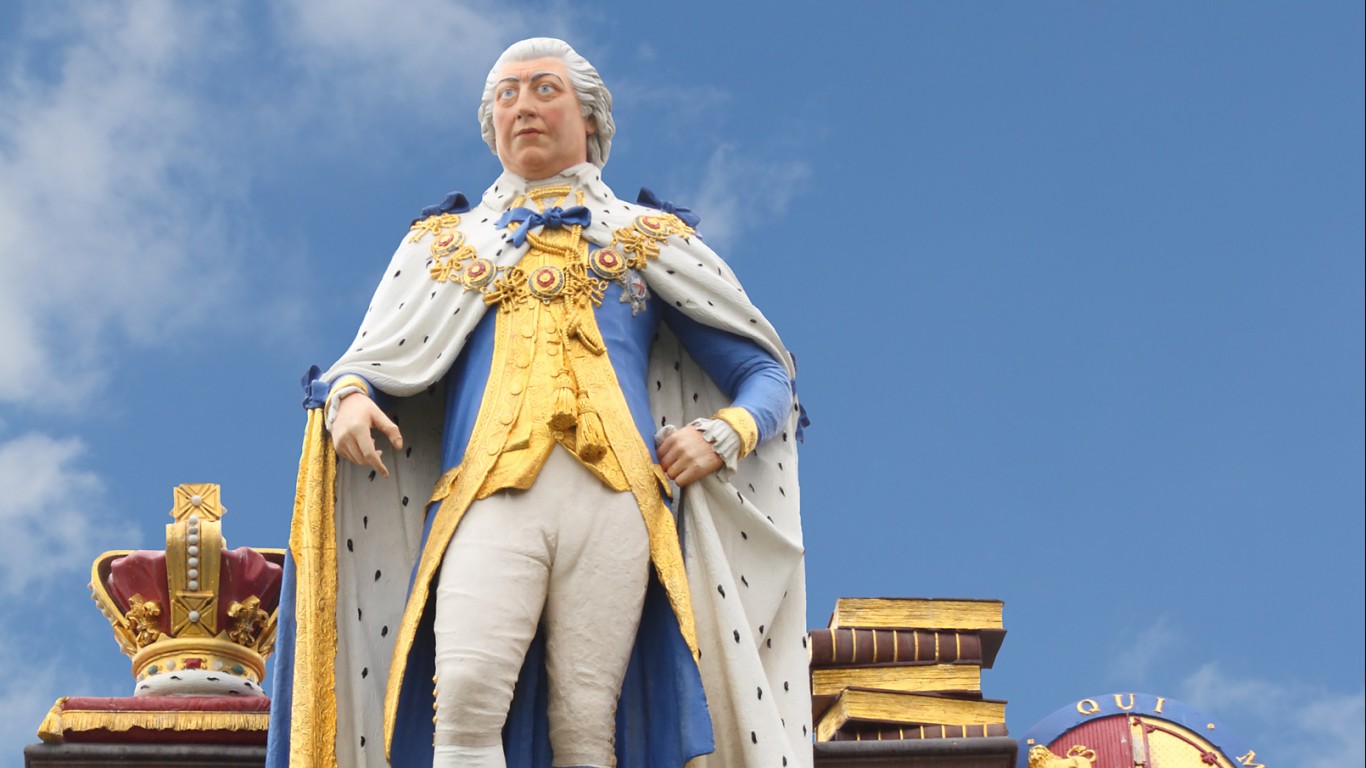
What did it mean to call someone a loyalist during the war?
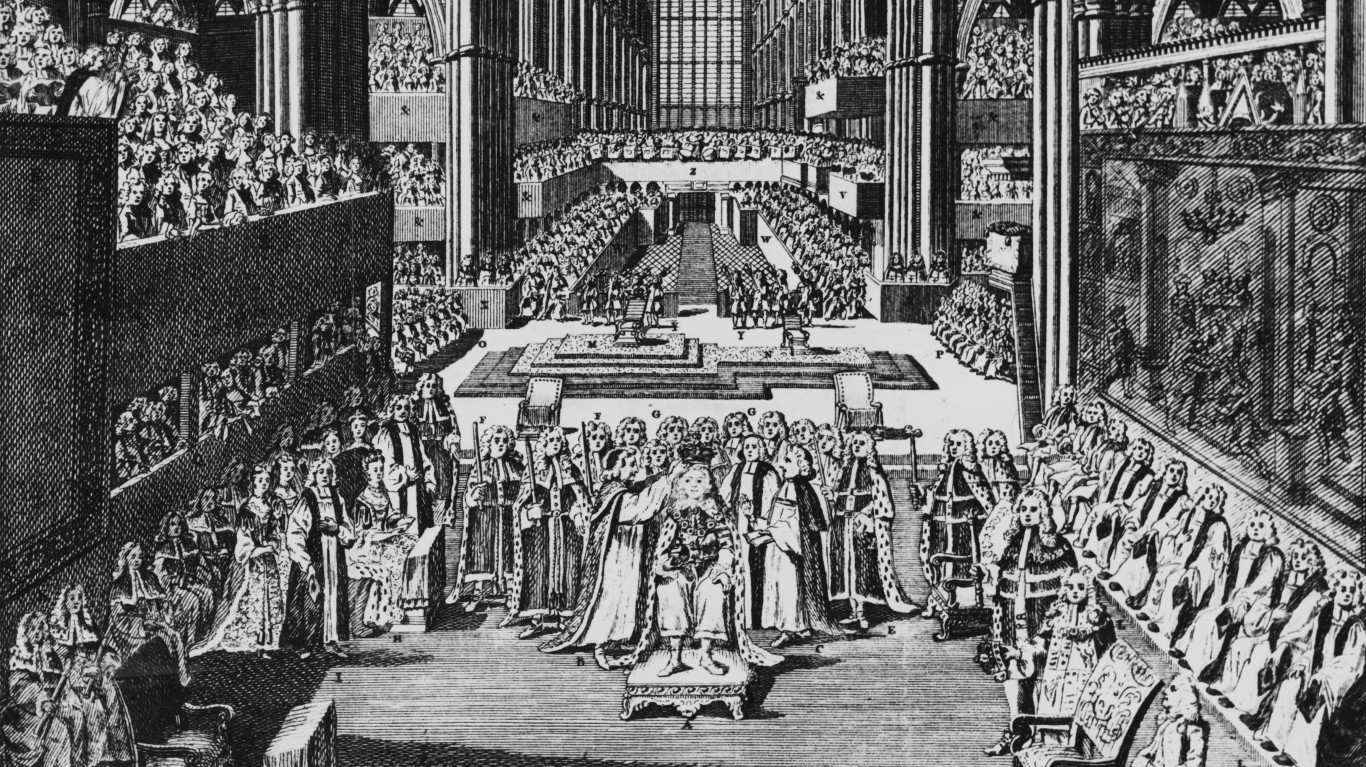
Essentially a negative way to address someone, a “loyalist” was considered an American colonist still loyal to the British crown and opposed independence efforts. It’s believed that around 15-20% of the colonial population were loyalists at the time of the war, and ultimately, many would go to Canada or Britain after the war’s end.
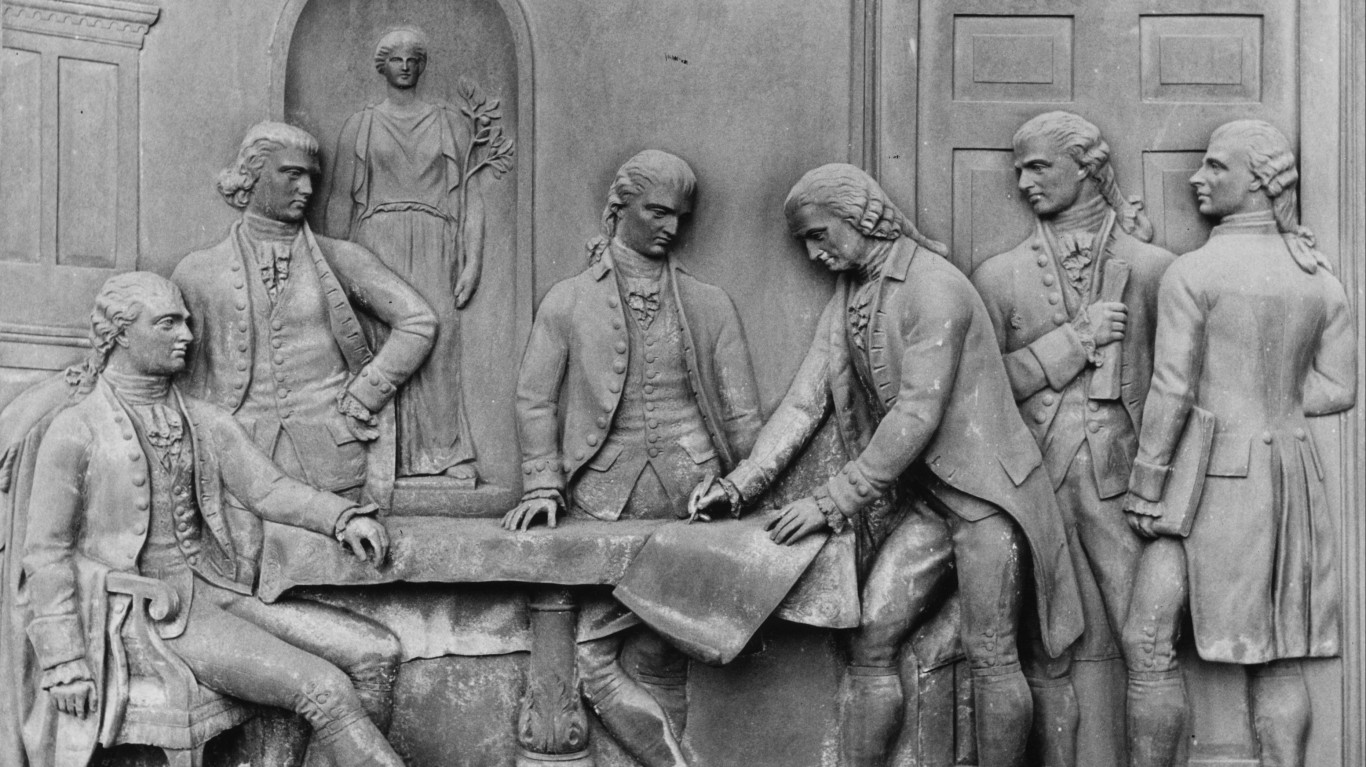
What was the name of the treaty that officially ended the Revolutionary War?
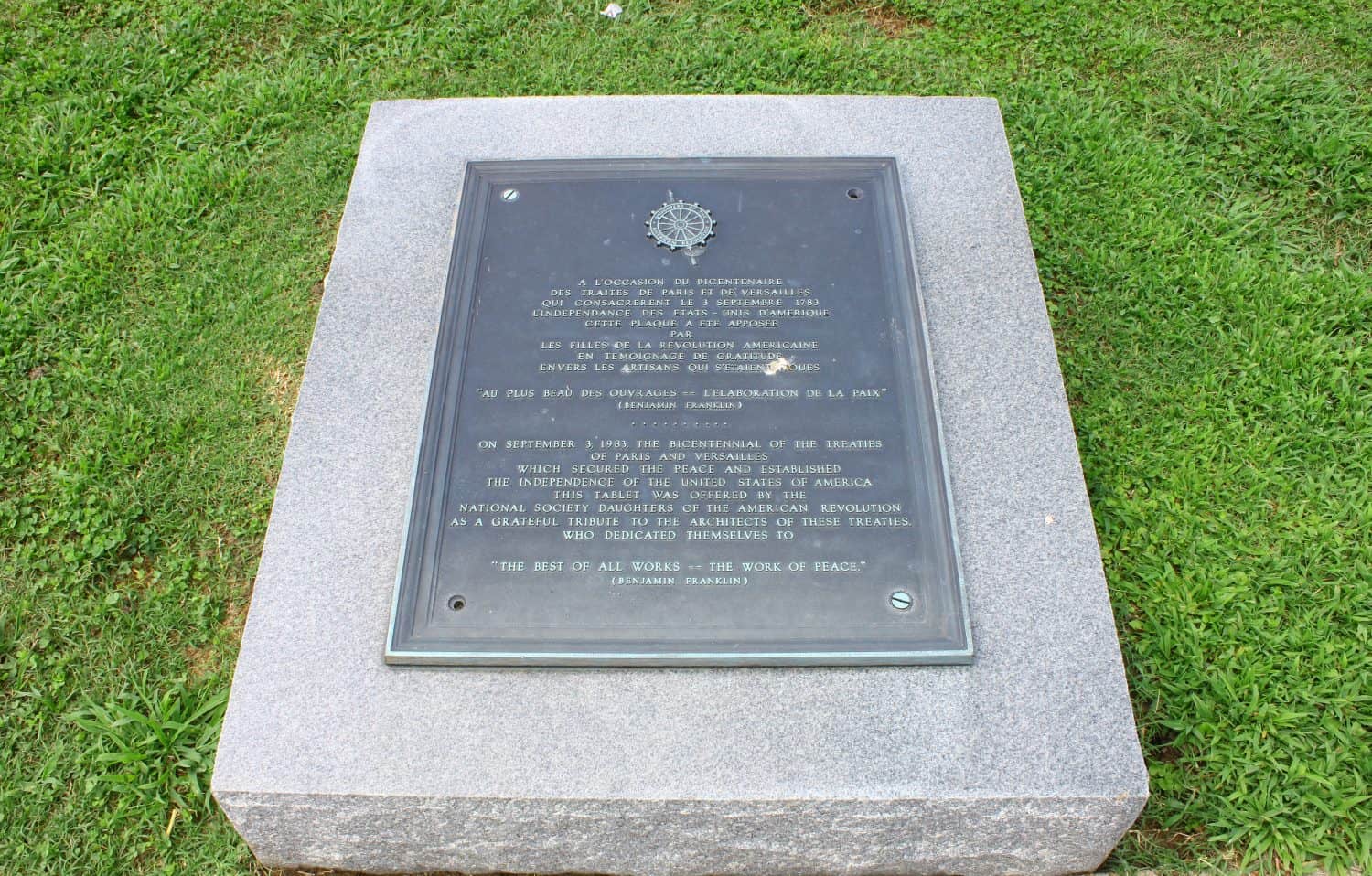
The Treaty of Paris, signed on September 3, 1783, officially ended the Revolutionary War. With this treaty, the French and British recognized the United States as an independent nation with its borders. The treaty also addressed how to repay debts still owed to British creditors.
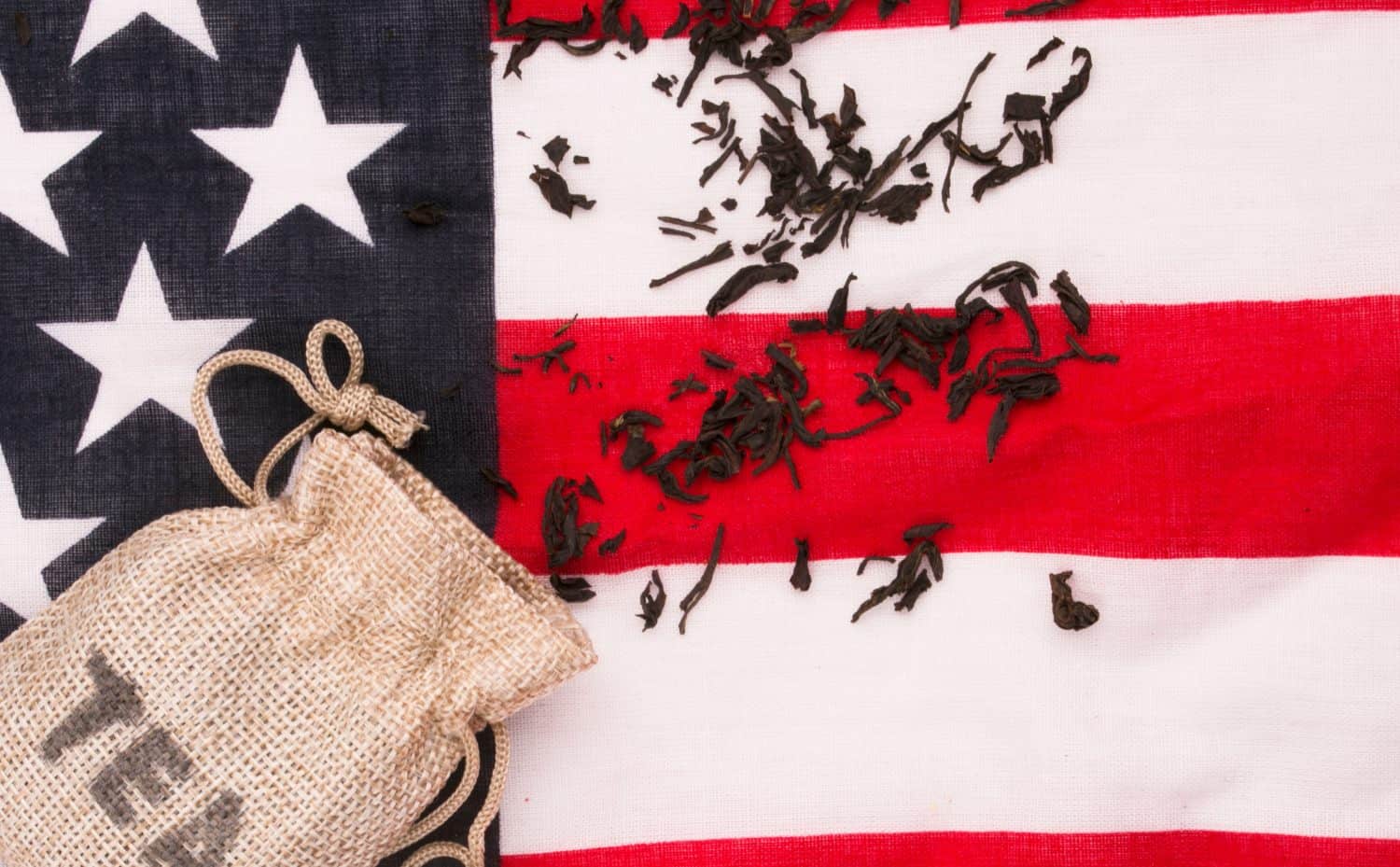
What was known as the “Intolerable Acts?”
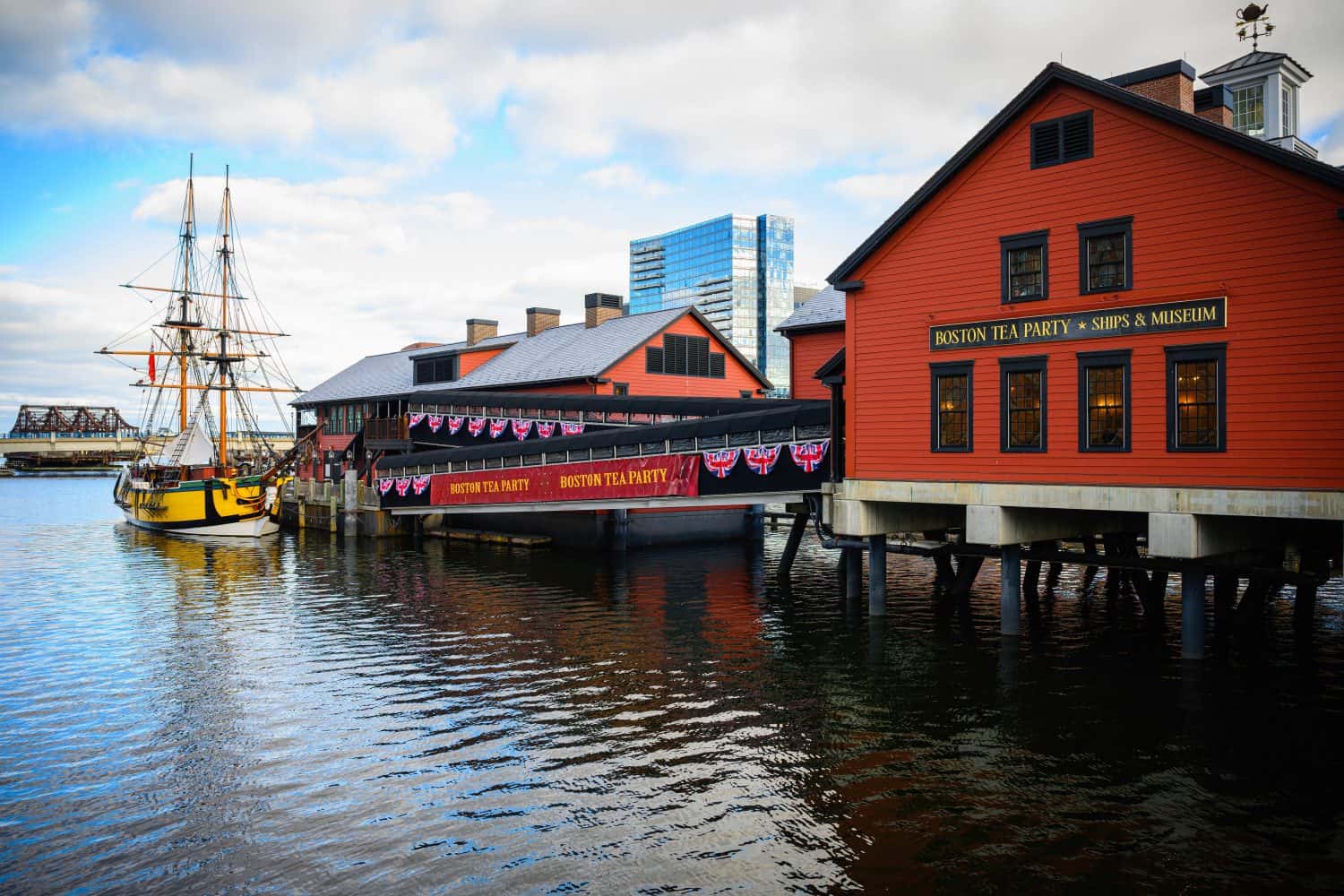
Known as the Intolerable Acts, this series of laws was passed by British authorities in response to the Boston Tea Party. It set forth the closing of Boston Harbor and initiated a stop order on town meetings. Ultimately, this act had the opposite effect the British intended, as it united many colonists against British rule.
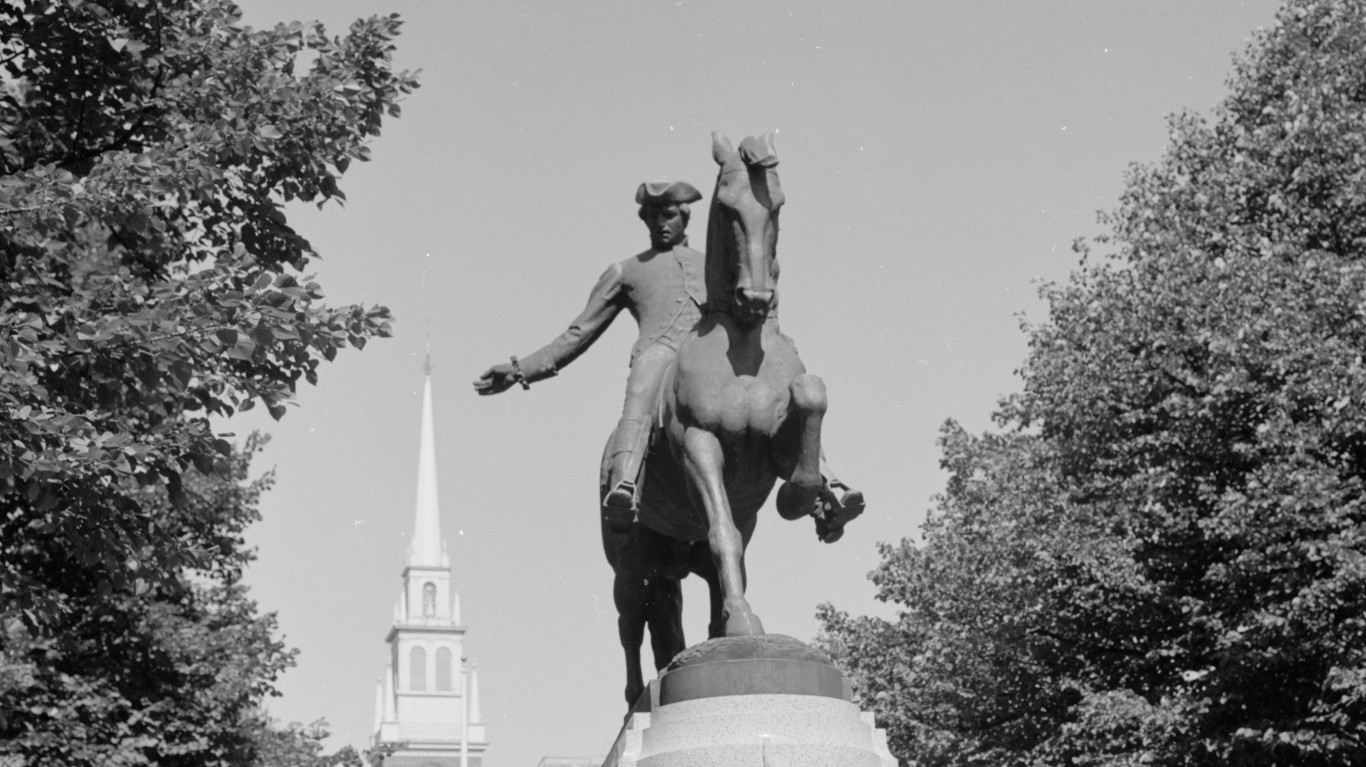
What was Paul Revere’s role in the start of the Revolutionary War?
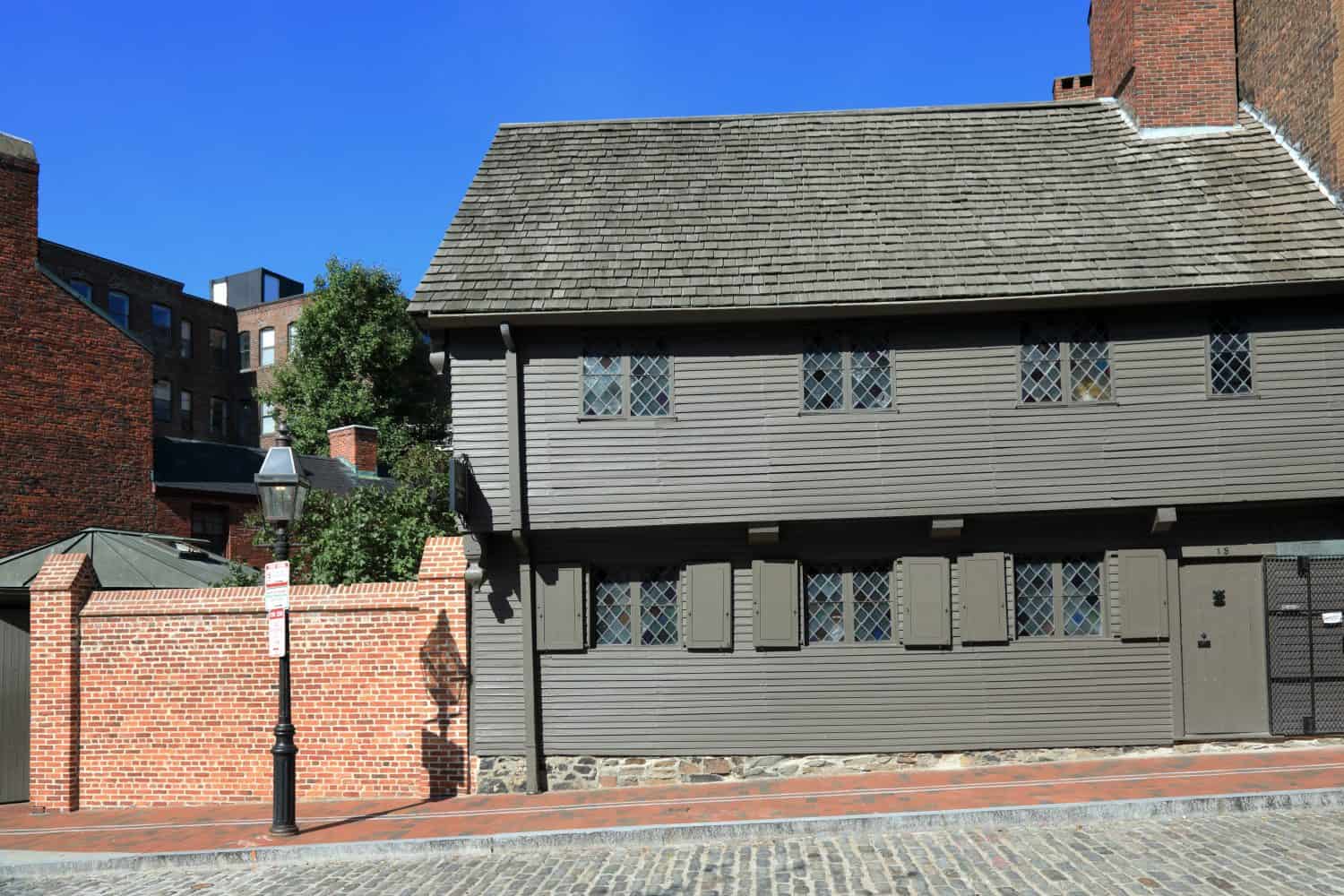
On April 18, 1775, Paul Revere began a midnight ride to warn local colonial militia members that the British army was on the move ahead of the Battle of Lexington and Concord. Contrary to popular belief, there is no evidence that Paul Revere yelled out, “The British are coming, the British are coming,” as his mission was secret, and he didn’t want to confuse any locals.
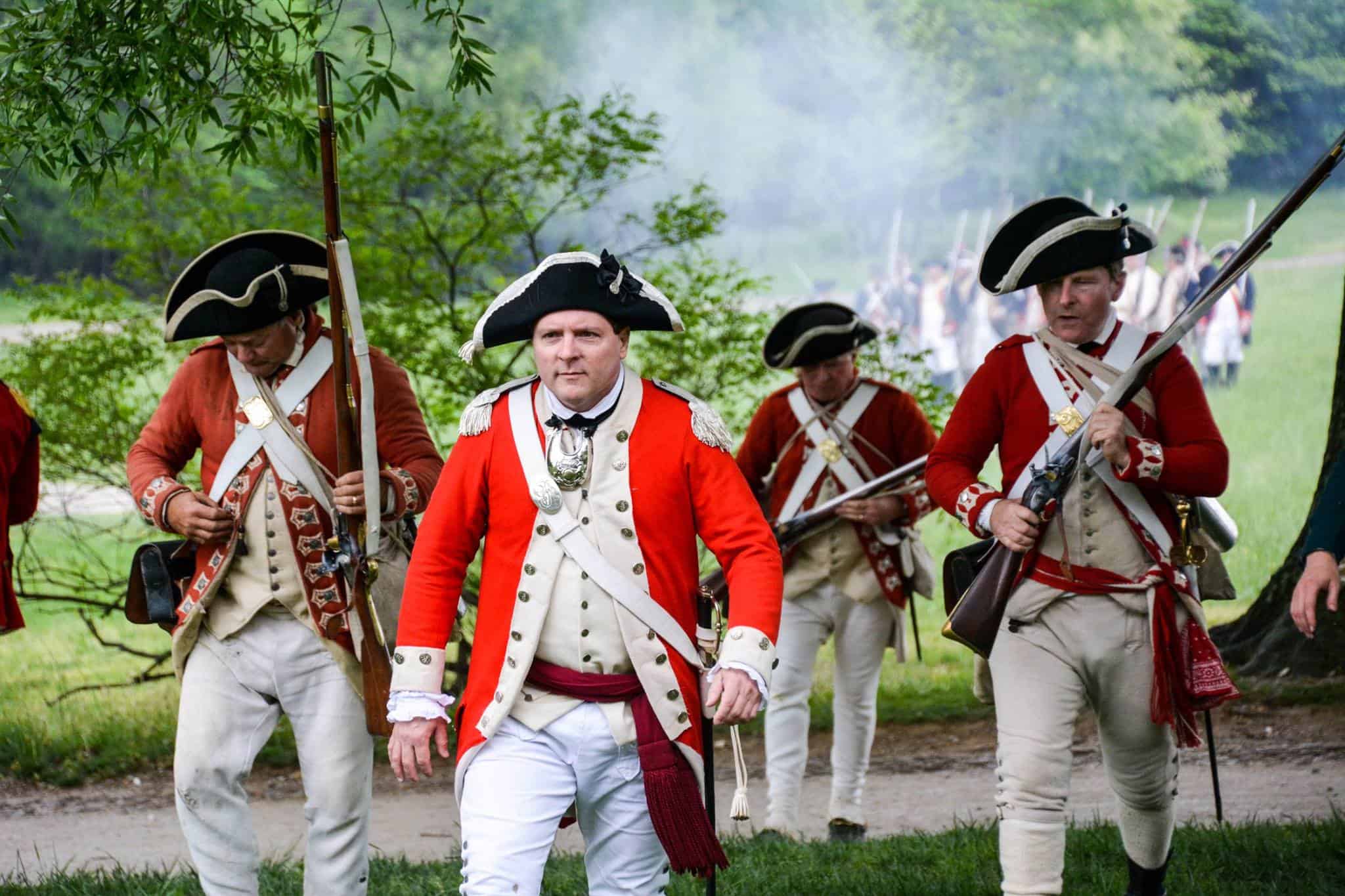
How did the British army make its way to America?
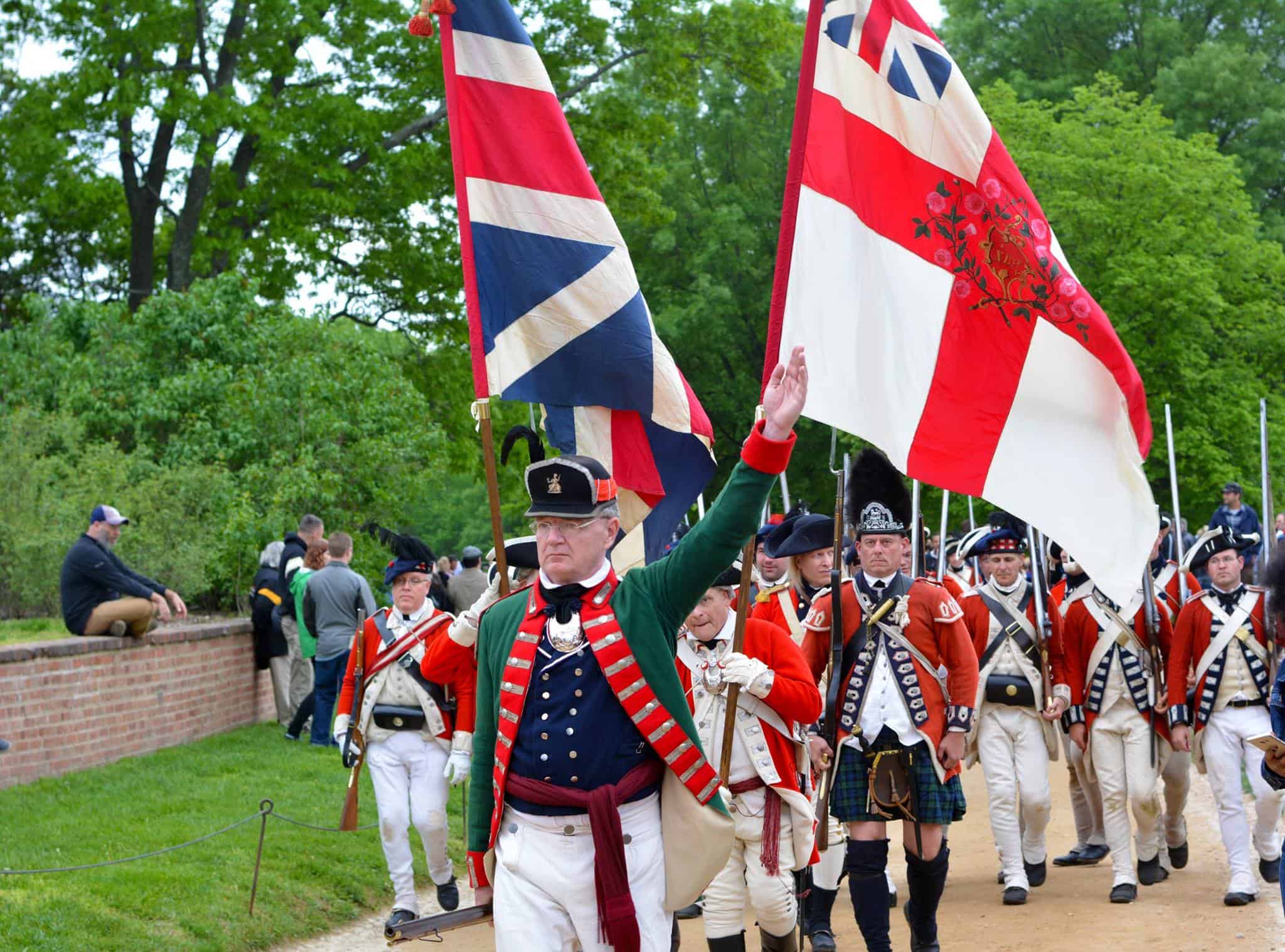
British soldiers would have needed to sail the Atlantic Ocean from the shores of Great Britain until they landed on the shores of the colonies. Contrary to any belief, most of the British army came from England, and only a few colonists comprised part of the British army.
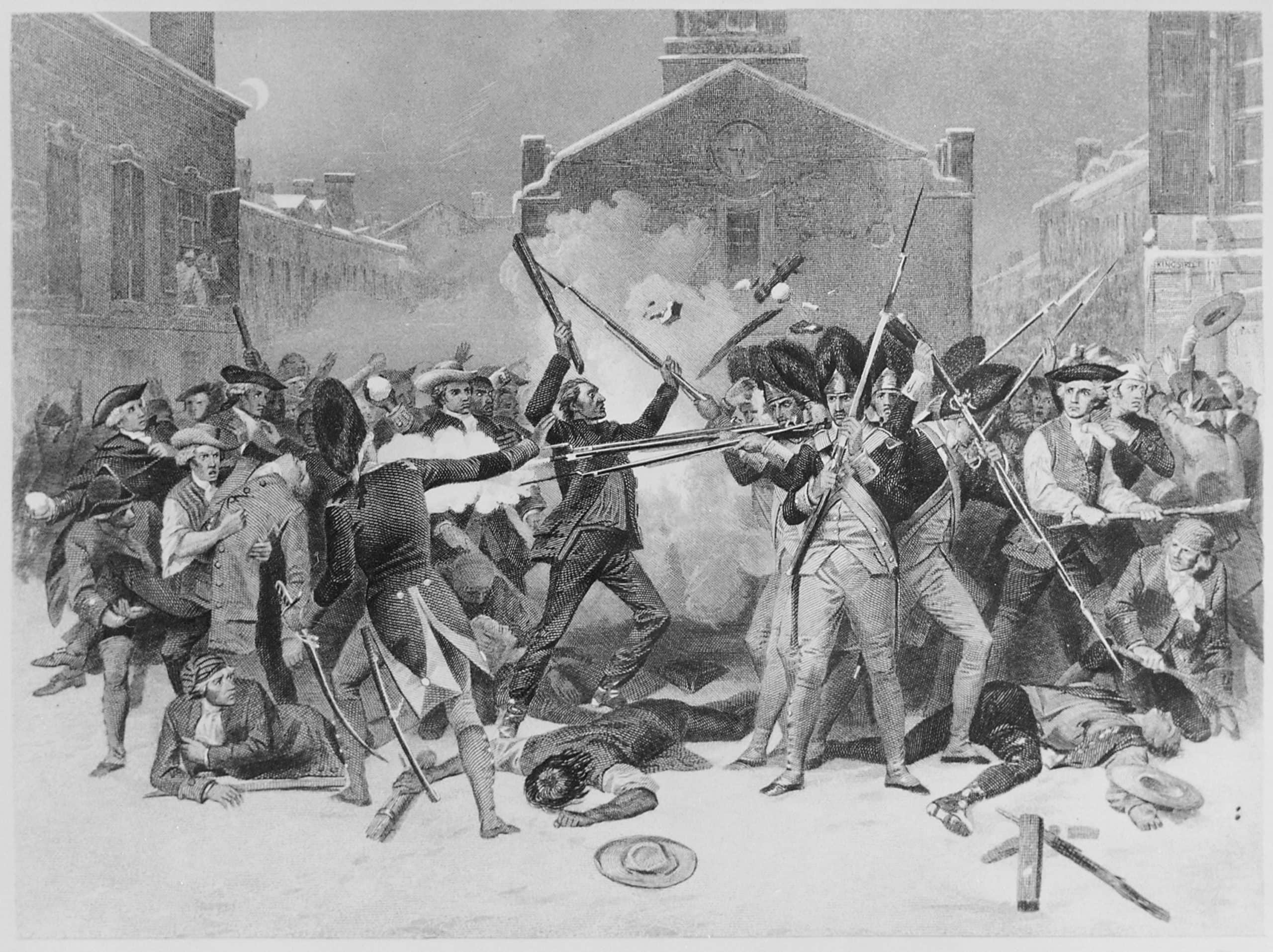
What was the Boston Massacre?
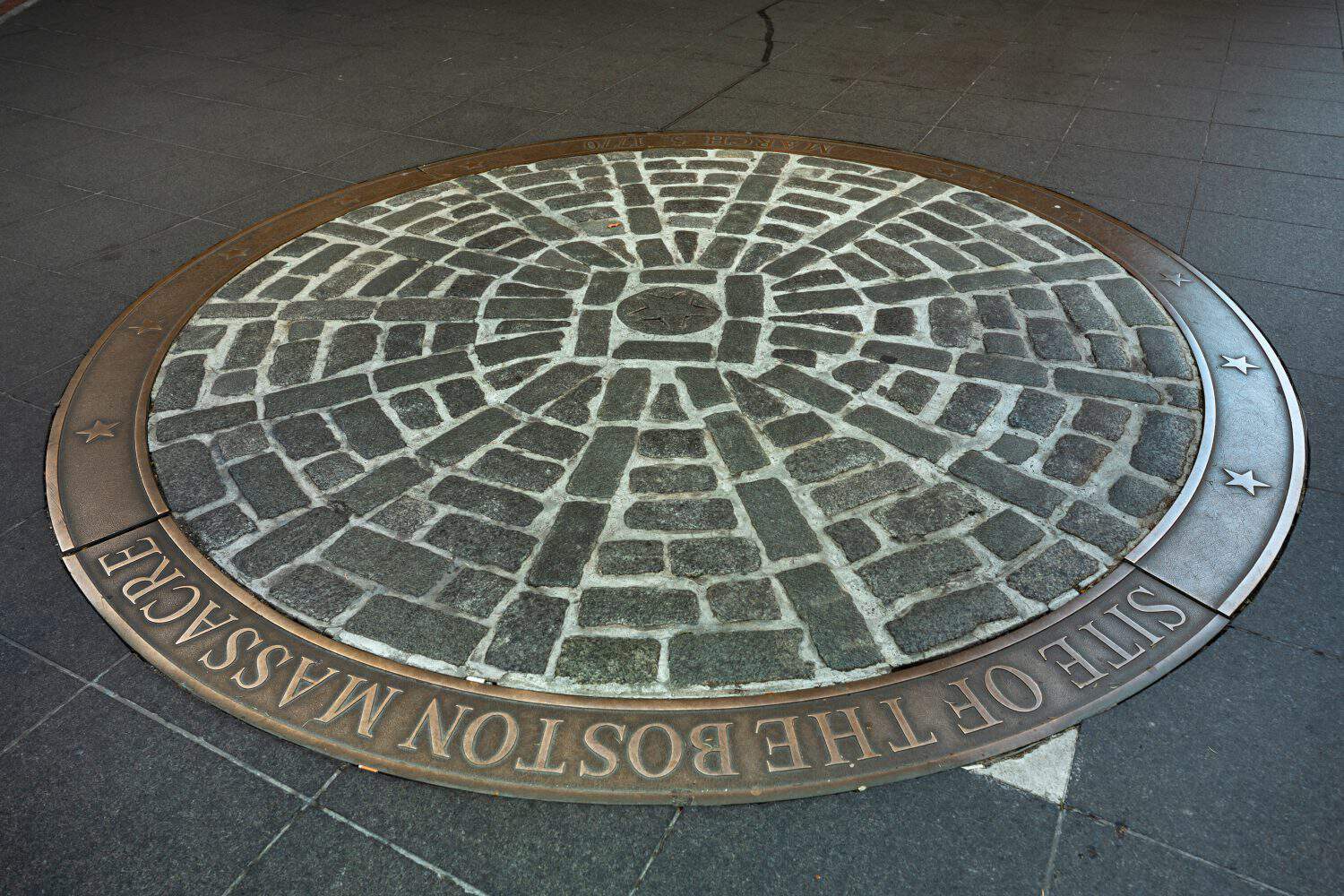
Taking place on March 5, 1770, the Boston Massacre occurred when a small group of British troops fired into a crowd of colonists protesting British taxation. This event is often marked as a turning point in allegiance to the crown by many colonists and would become a rallying cry over the years to turn public opinion against the crown’s rule.
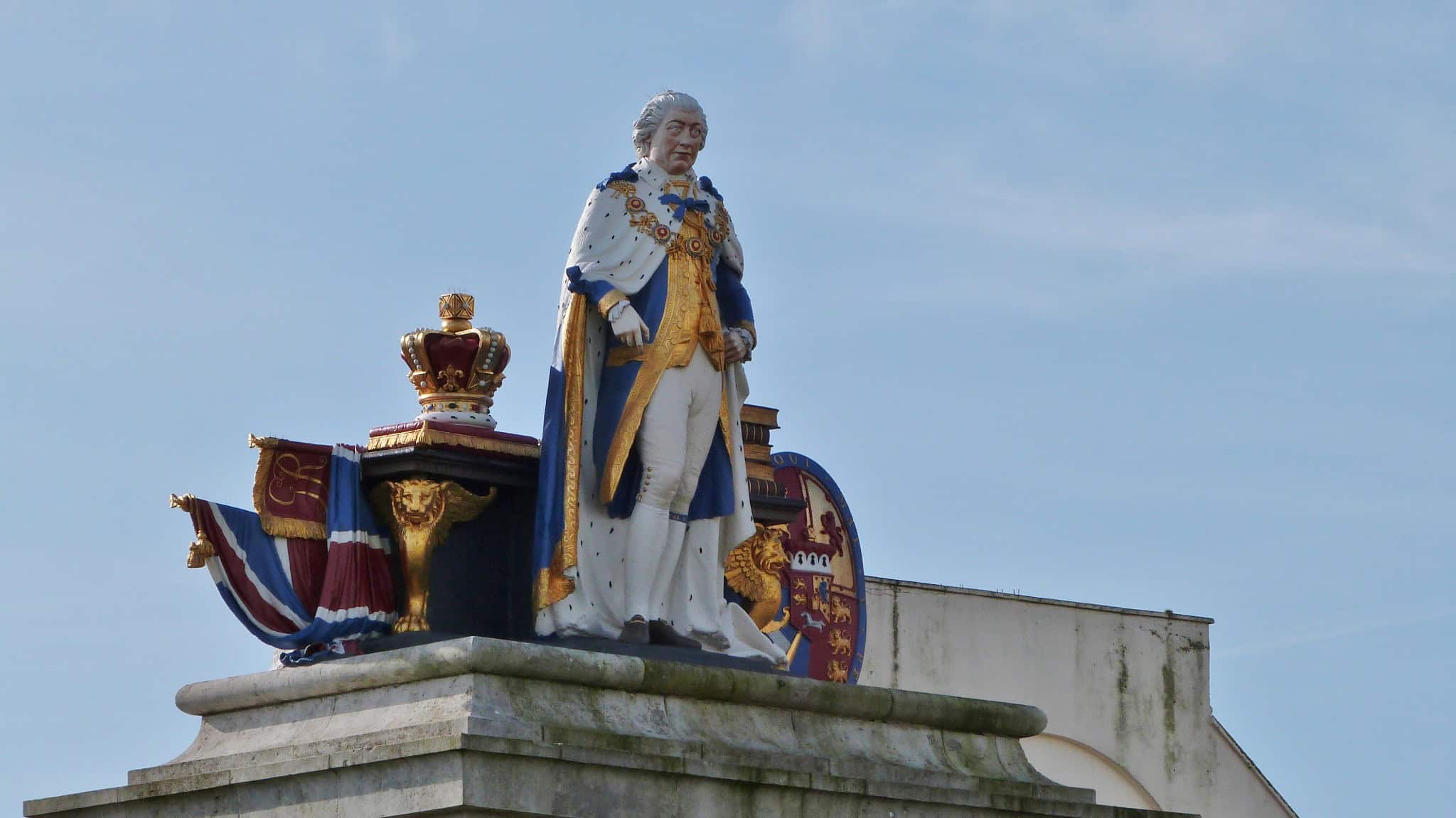
Did the colonists send a petition to the King to avoid war?
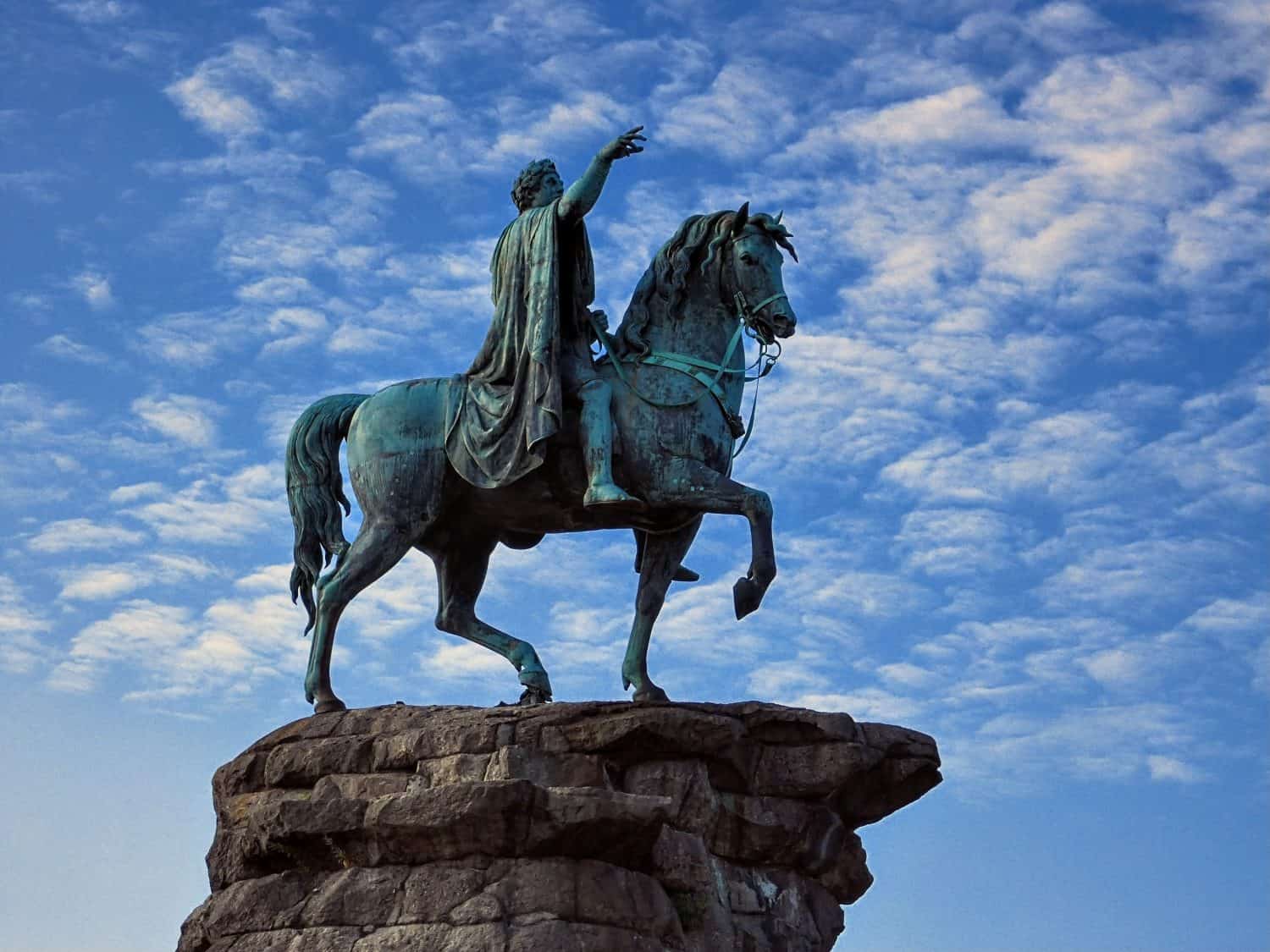
Known as the Olive Branch Petition, the colonies petitioned King George III in 1775 to avoid war. It provided affirmation that the colonies would remain loyal to the king if the king repealed some oppressive laws and unfair taxes the colonists felt were escalating tensions. Unsurprisingly, the king rejected the petition, which was ultimately the last attempt to stop the war.
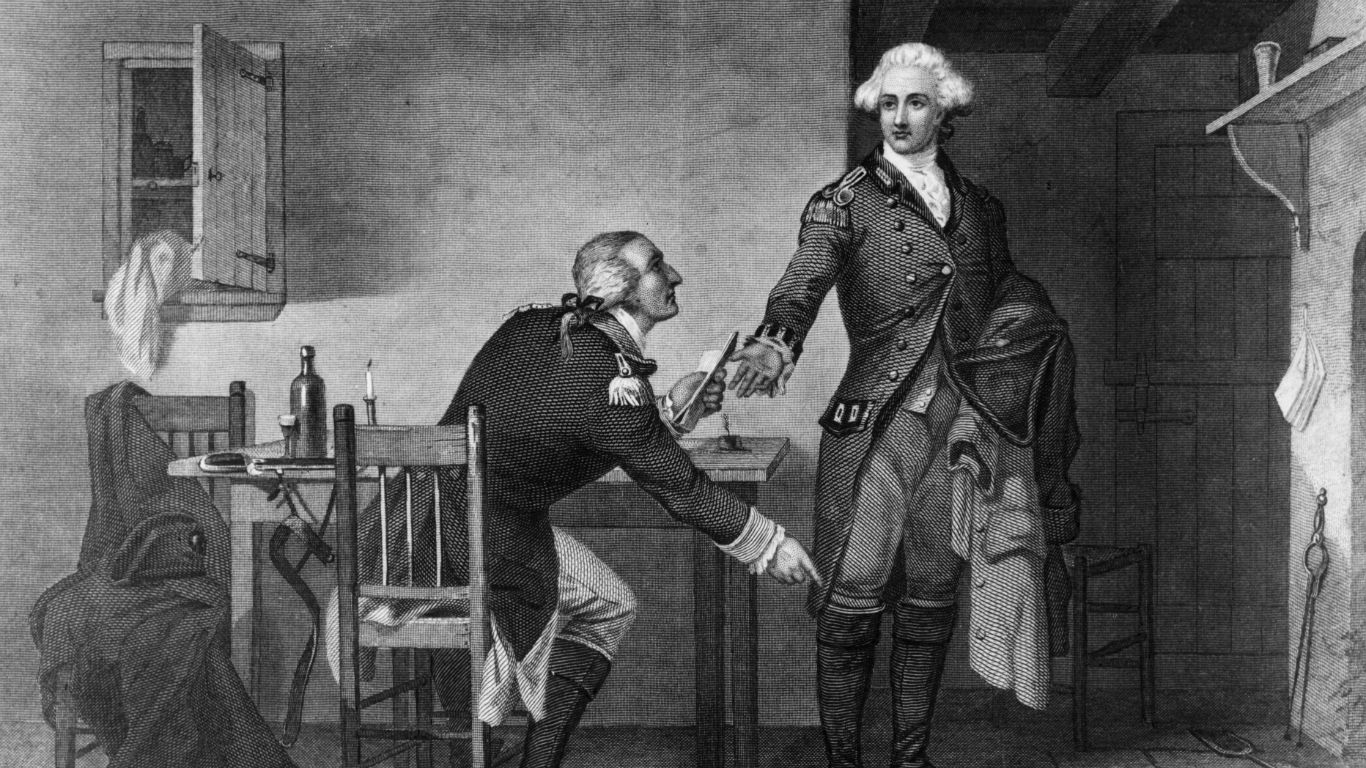
Who was Benedict Arnold?
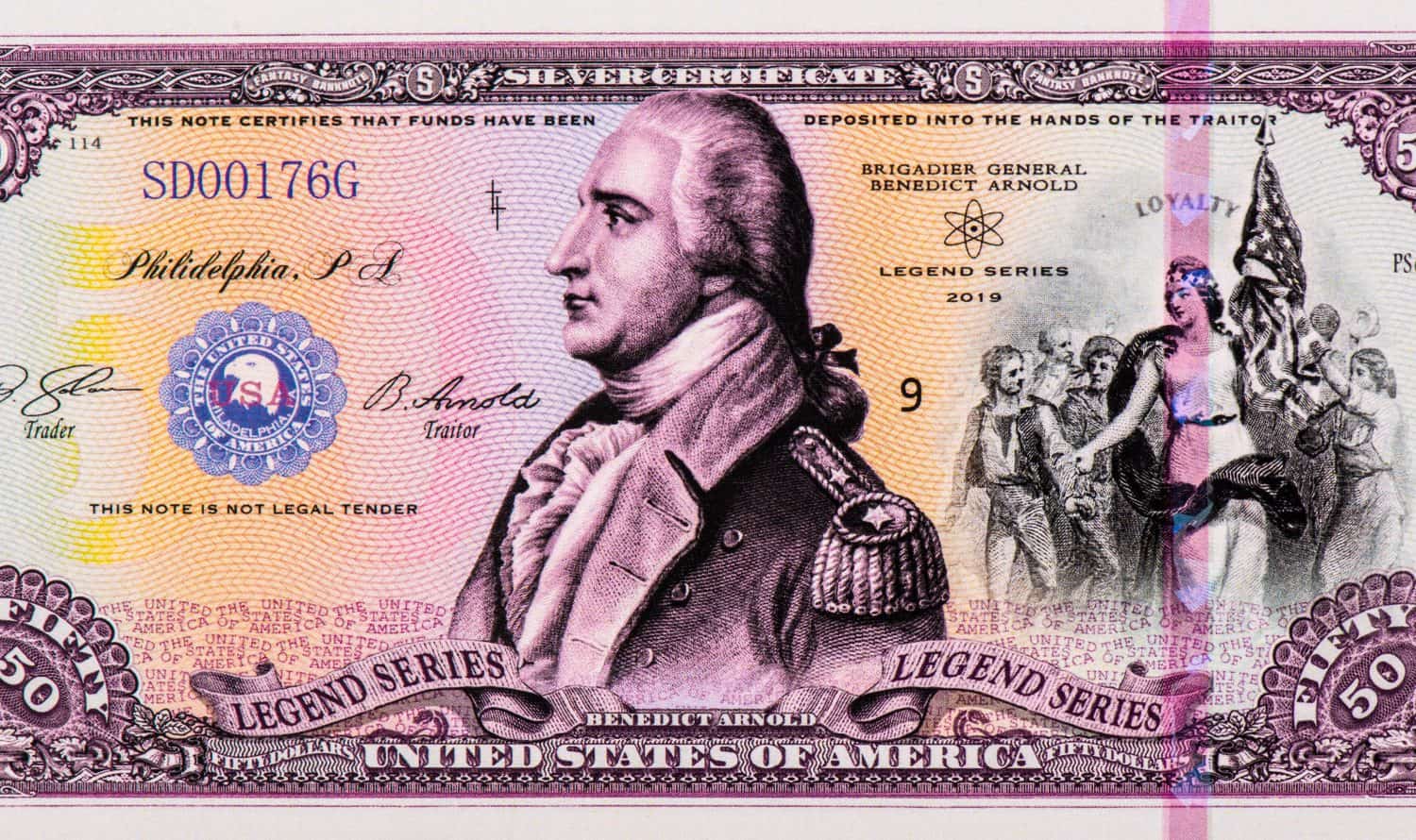
Benedict Arnold is a well-known Revolutionary War figure who started as an American general and later defected to the British side during the war. His name is now known as being synonymous with treason after he surrendered West Point (the first American military academy) to the British army.
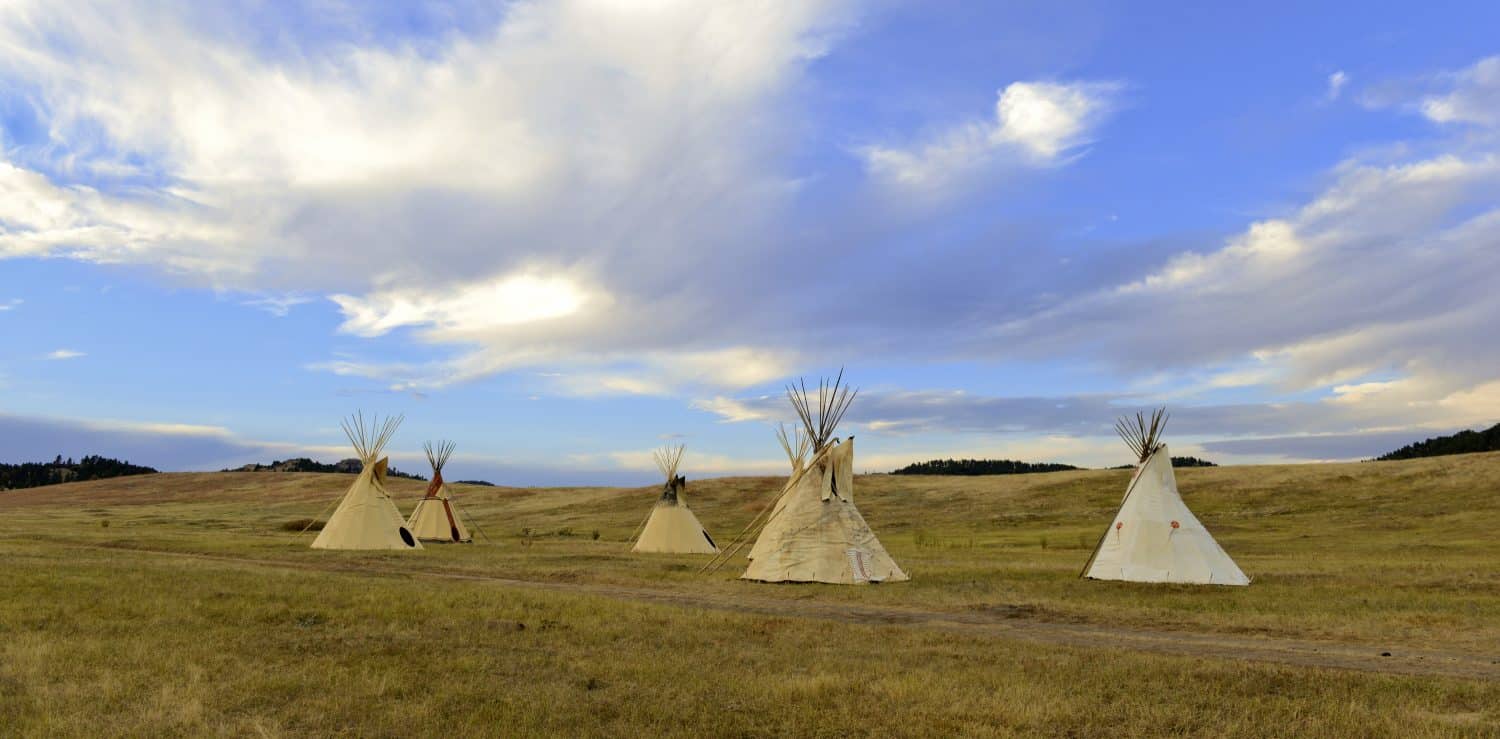
What role did Native American tribes play as part of the Revolutionary War?
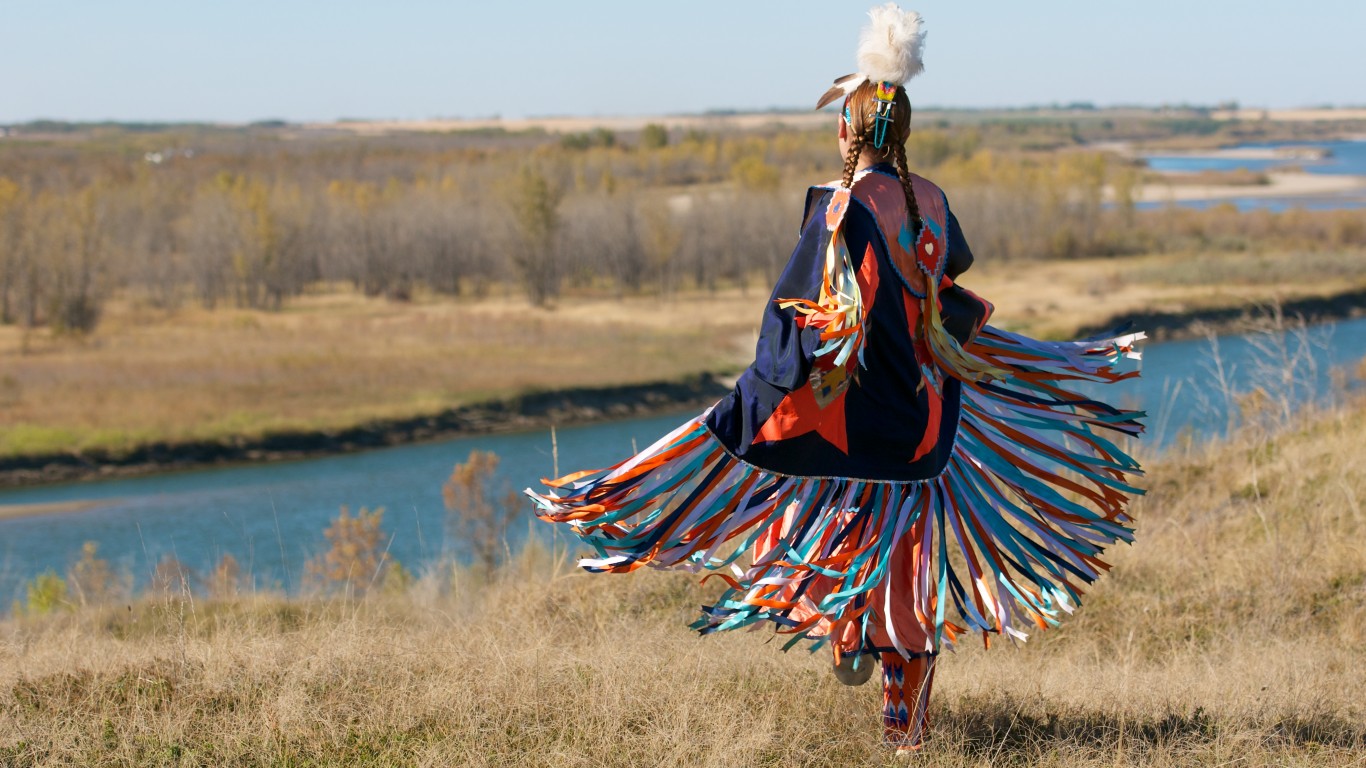
For the most part, many Native Americans allied with the British, seeing Great Britain as more likely to protect their land and continue existing trade relationships. The Iroquois Confederacy, Mohawk, and Seneca tribes were prominent British allies, while the Oneida and Stockbridge-Munsee tribes allied with the colonists. These relationships were valued for the natives’ skills as scouts and spies.
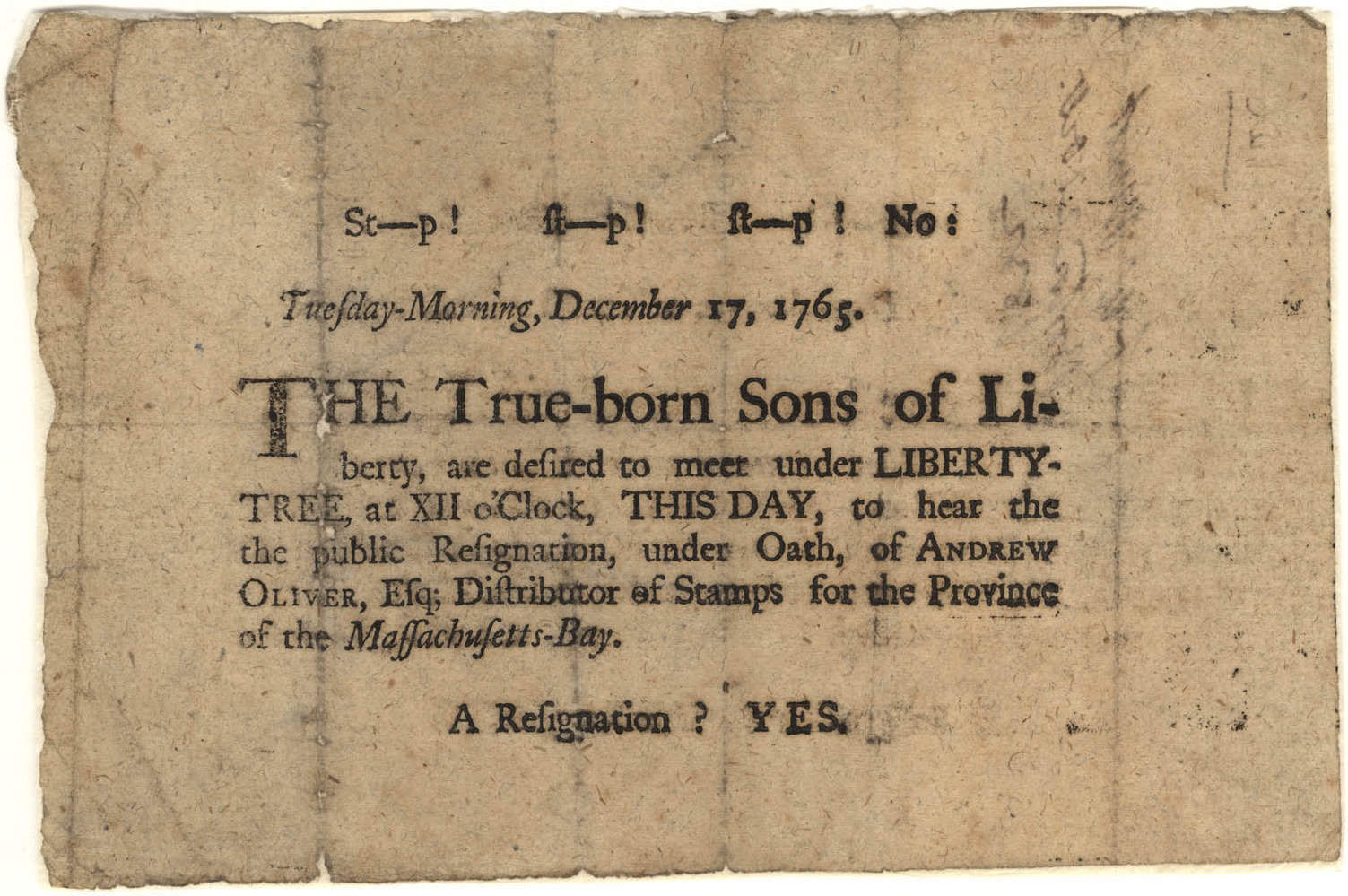
What was the purpose of the group known as the “Sons of Liberty?”
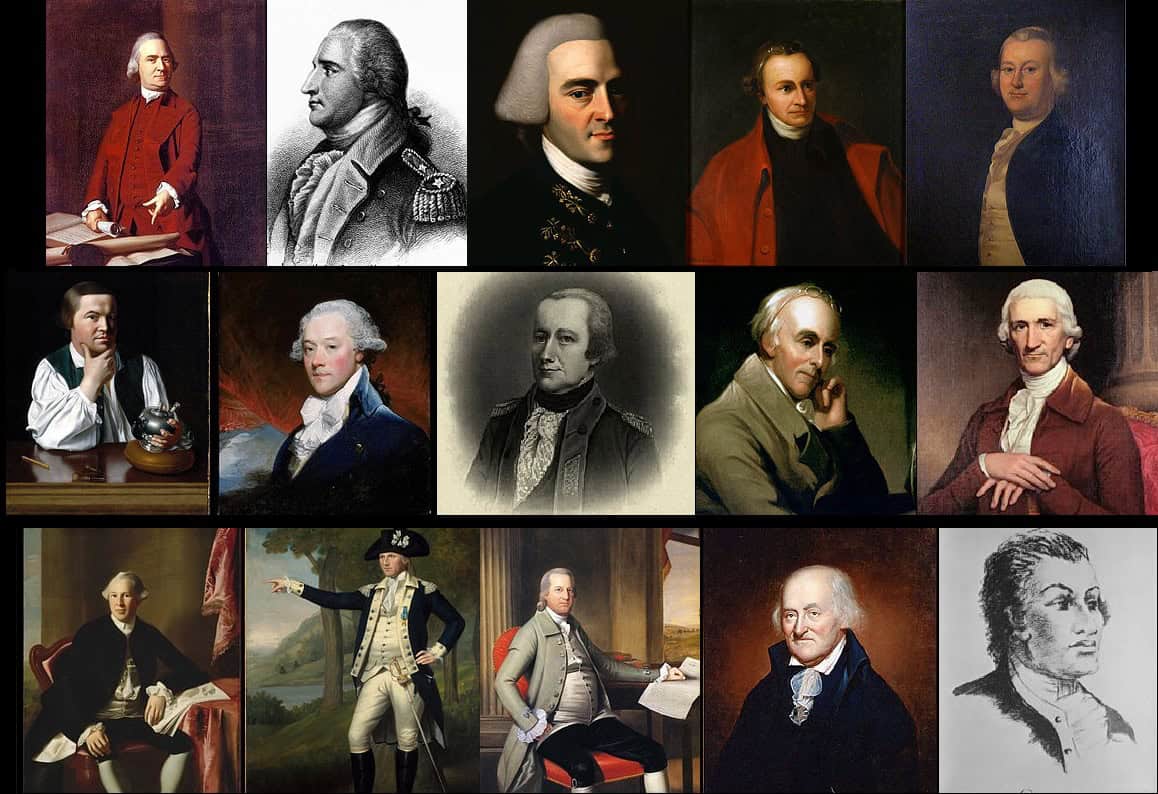
The Sons of Liberty are now well-known, but during their period, they were a secretive organization developed to help undermine British and unfair taxation policies. The group has taken credit for events like the Boston Tea Party and played a major role in establishing resistance groups that began aggravating British rule.
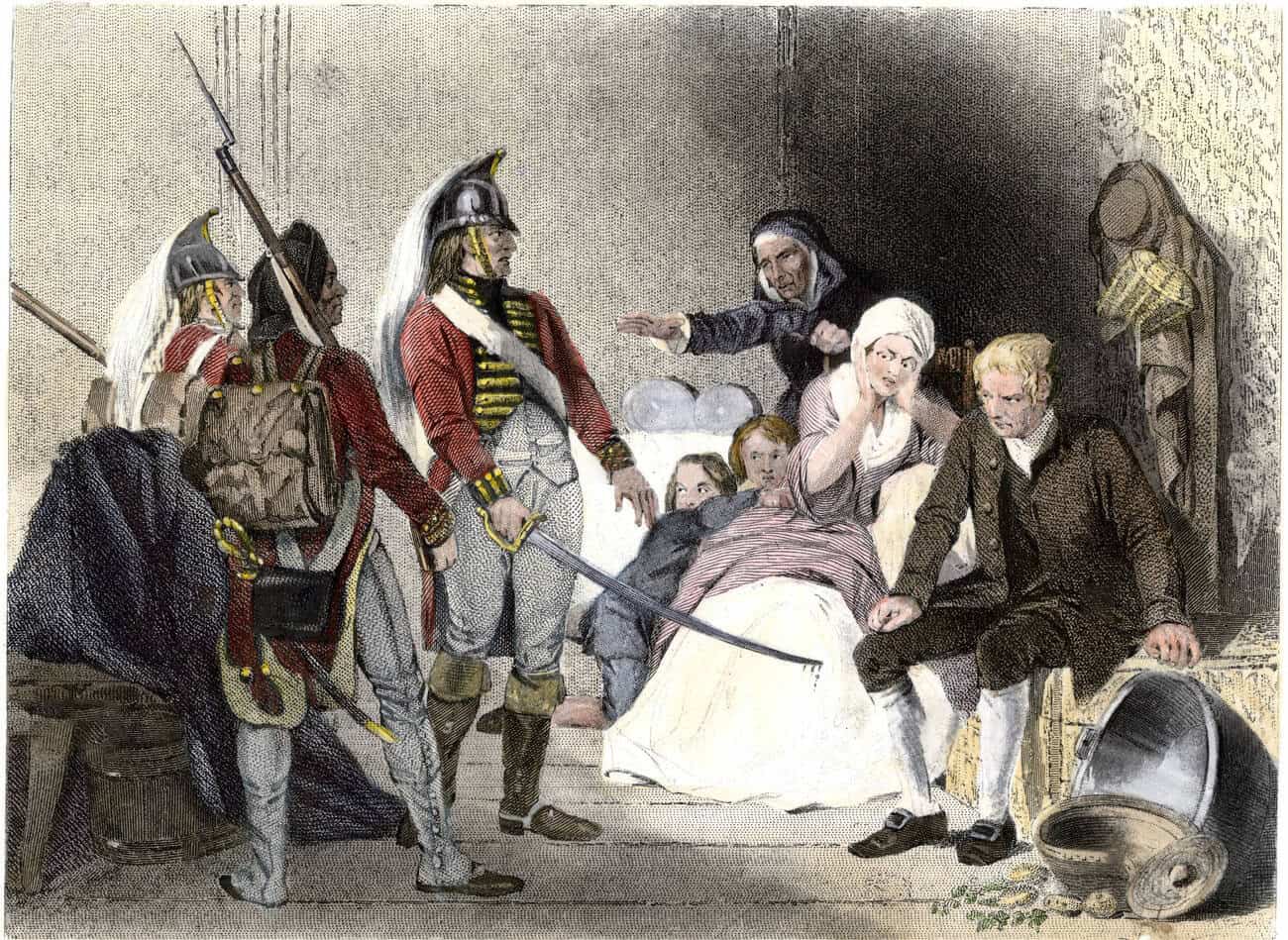
What was the purpose of the Quartering Act, and did the colonists oppose the declaration?
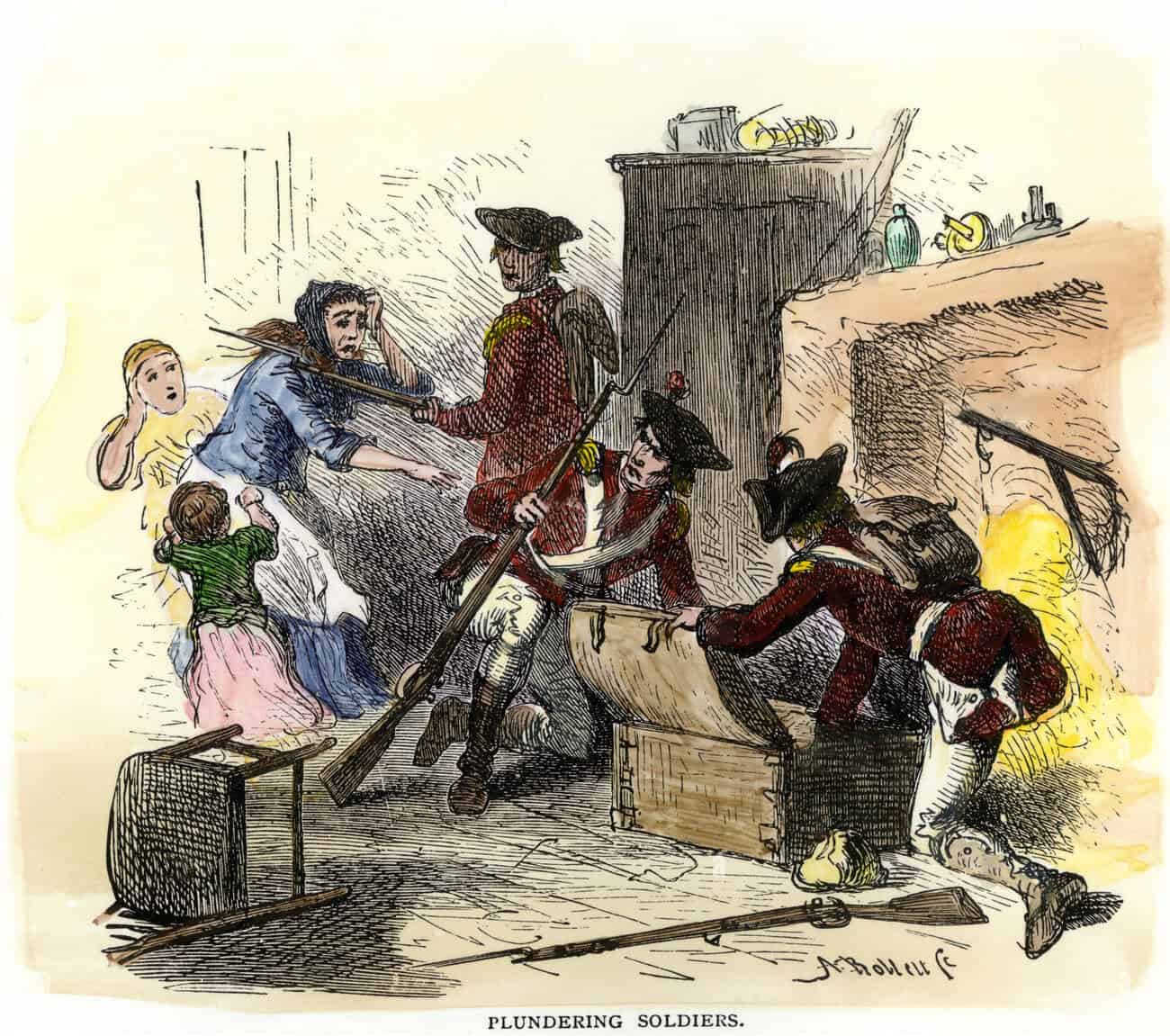
The Quartering Act was a major aggravation of the colonists, who were forced to provide housing and supplies for British soldiers throughout the colonies. There was a mostly unified belief among the colonists that this infringed their rights, especially when British soldiers represented unfair taxes, causing issues for the colonists to live and survive.
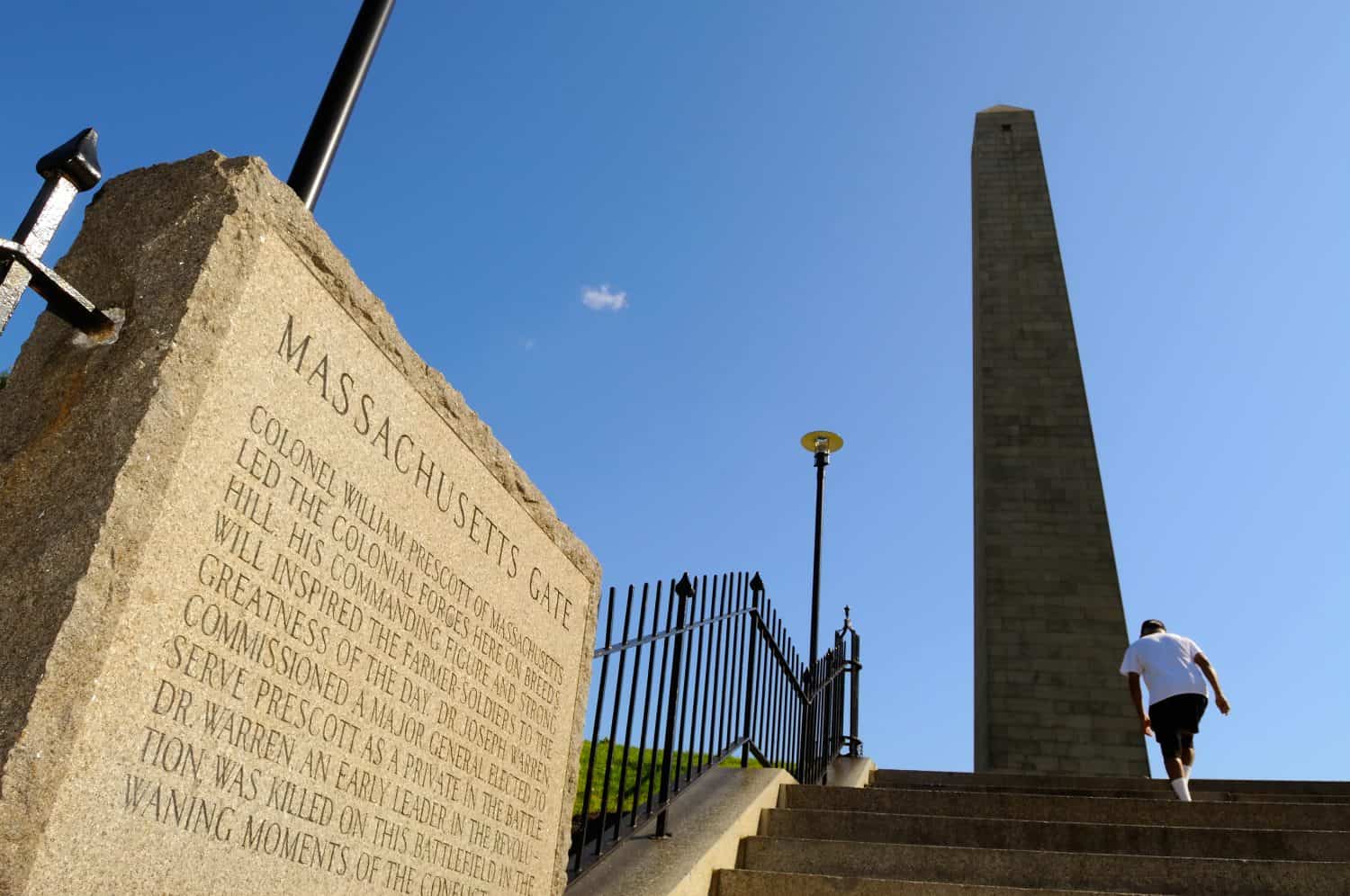
Why was the Battle of Bunker Hill such a prominent moment for the Continental Army?
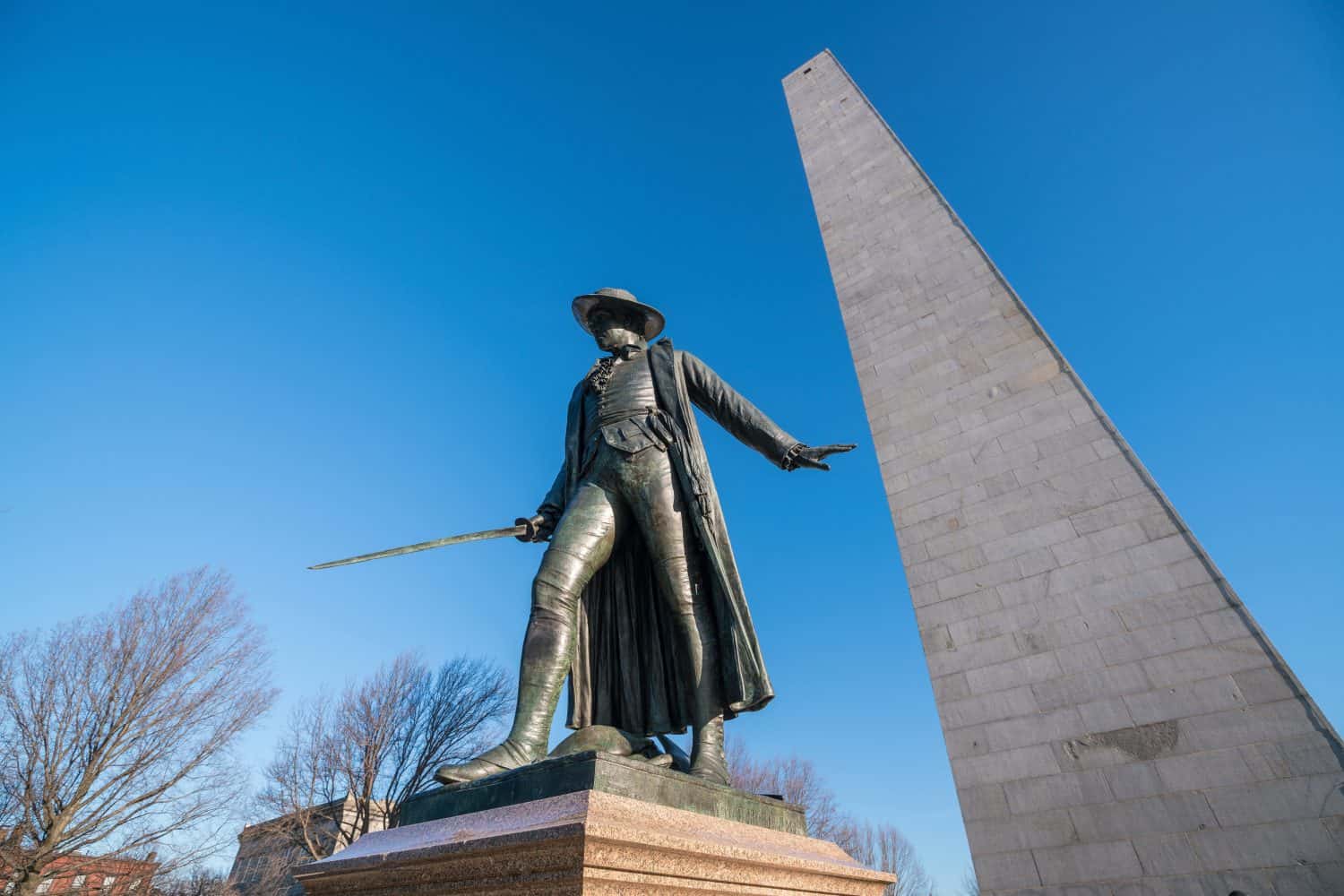
While the Battle of Bunker Hill was a defeat for the Continental Army, heavy British losses significantly boosted American confidence and the military’s morale. The big takeaway from the battle was that the newly formed American army could stand up to better-trained and armed British soldiers.
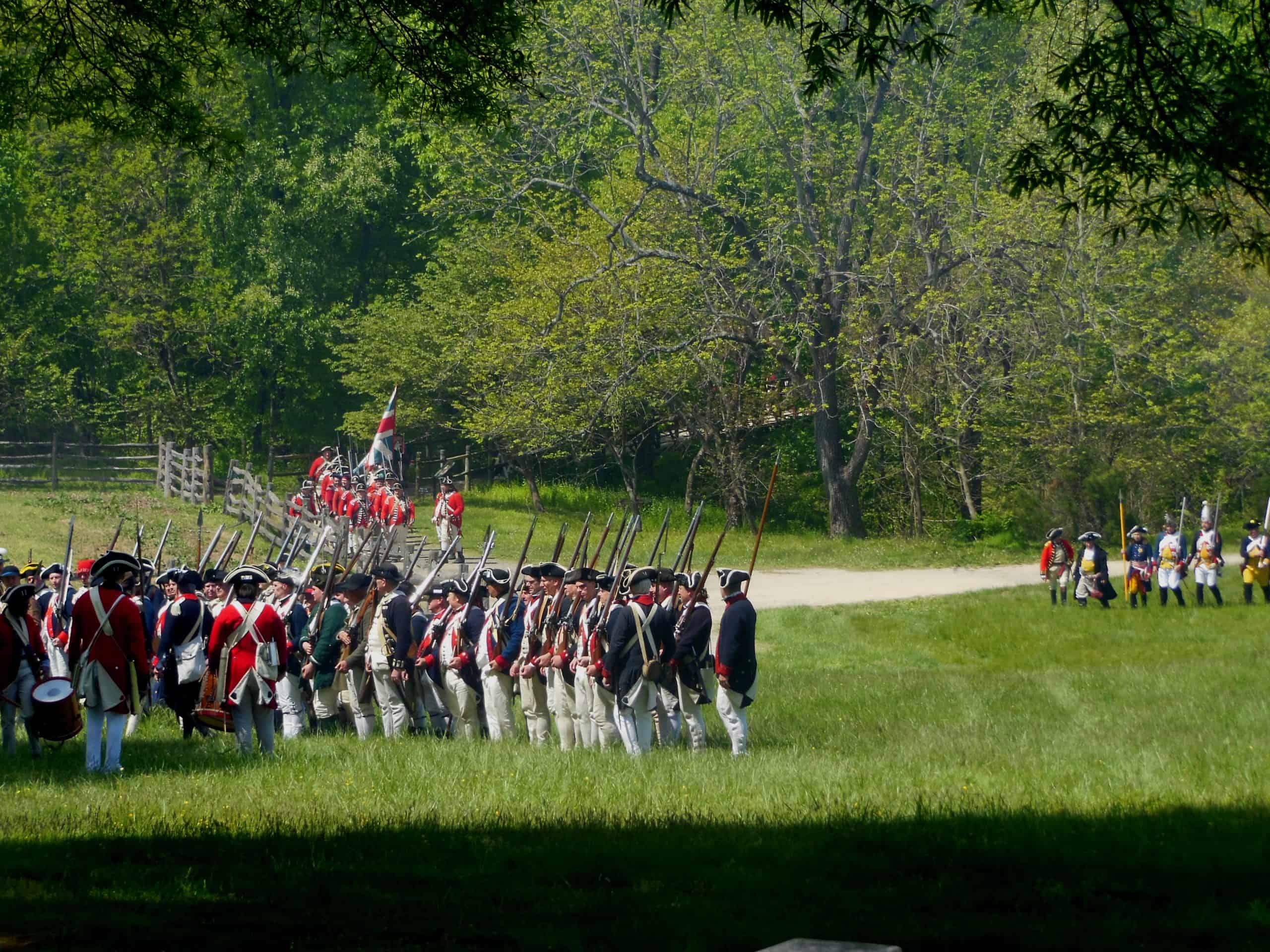
How did a battle end during the Revolutionary War?
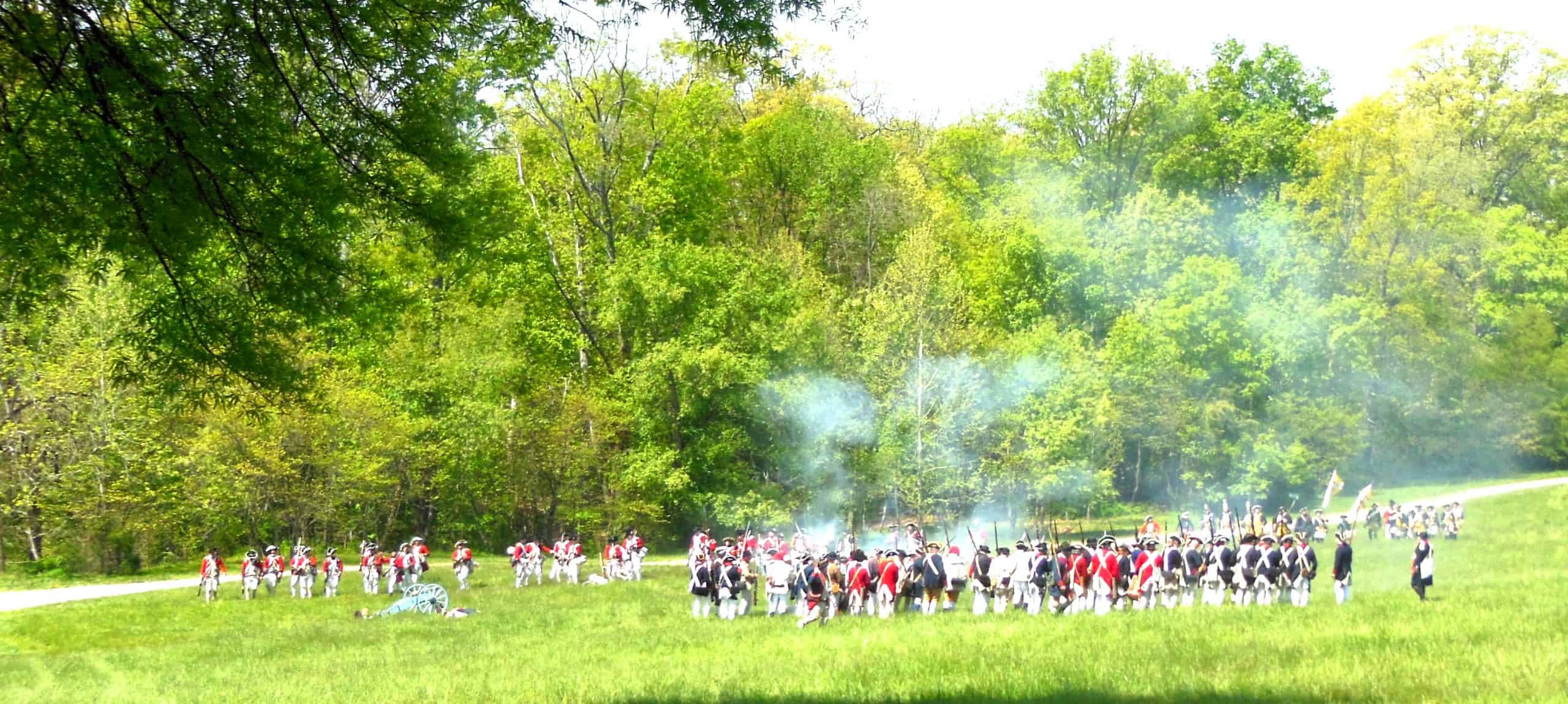
A Revolutionary War battle ended when one army or militia retreated from the battlefield. This may have been due to losing men or running out of supplies. The winner was usually determined by who held the upper hand on the battlefield, generally based on whether or not they had the better fighting position, like taking the high ground, which would force the opposing army to retreat and find cover.
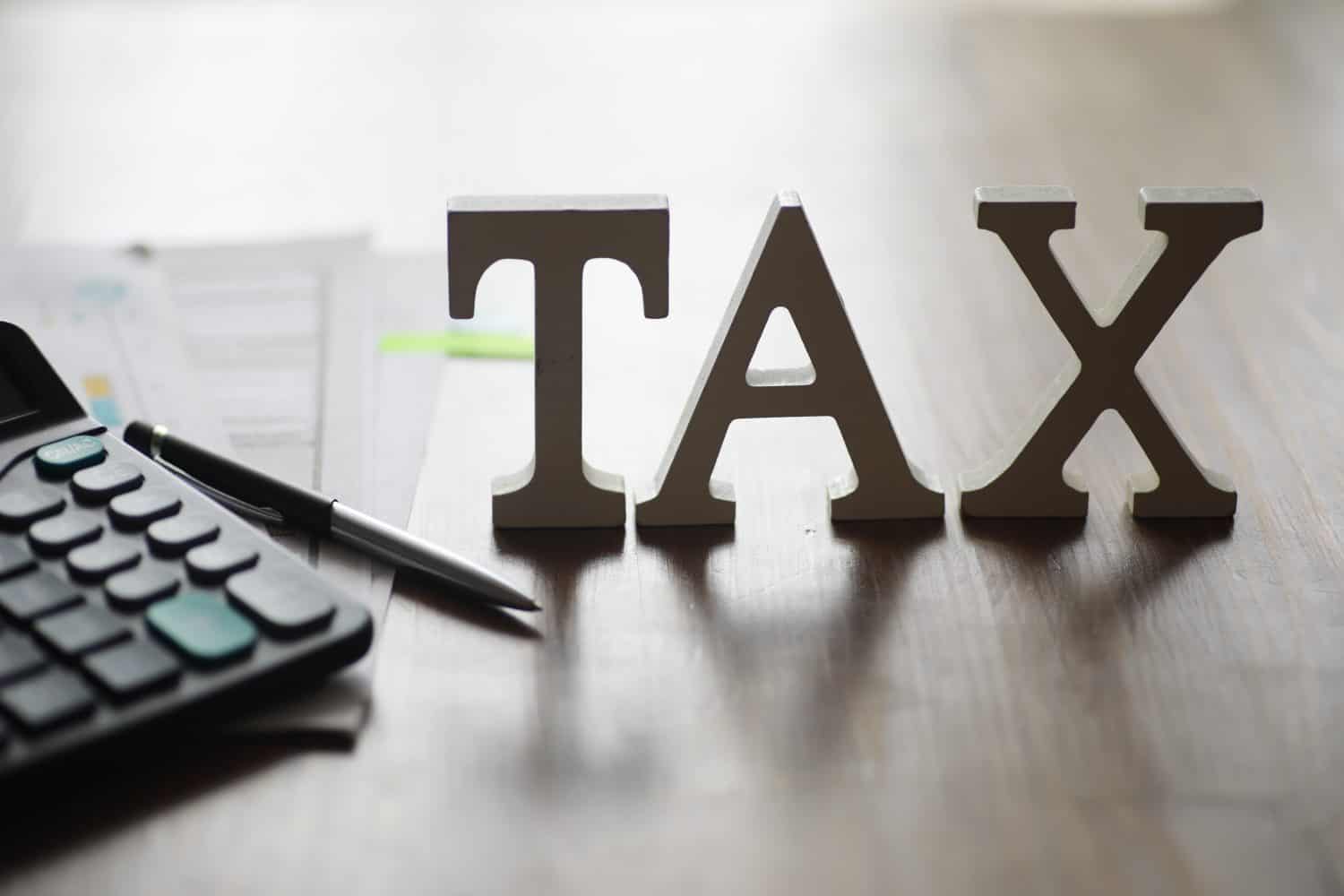
What was the significance of the phrase “No taxation without representation?”
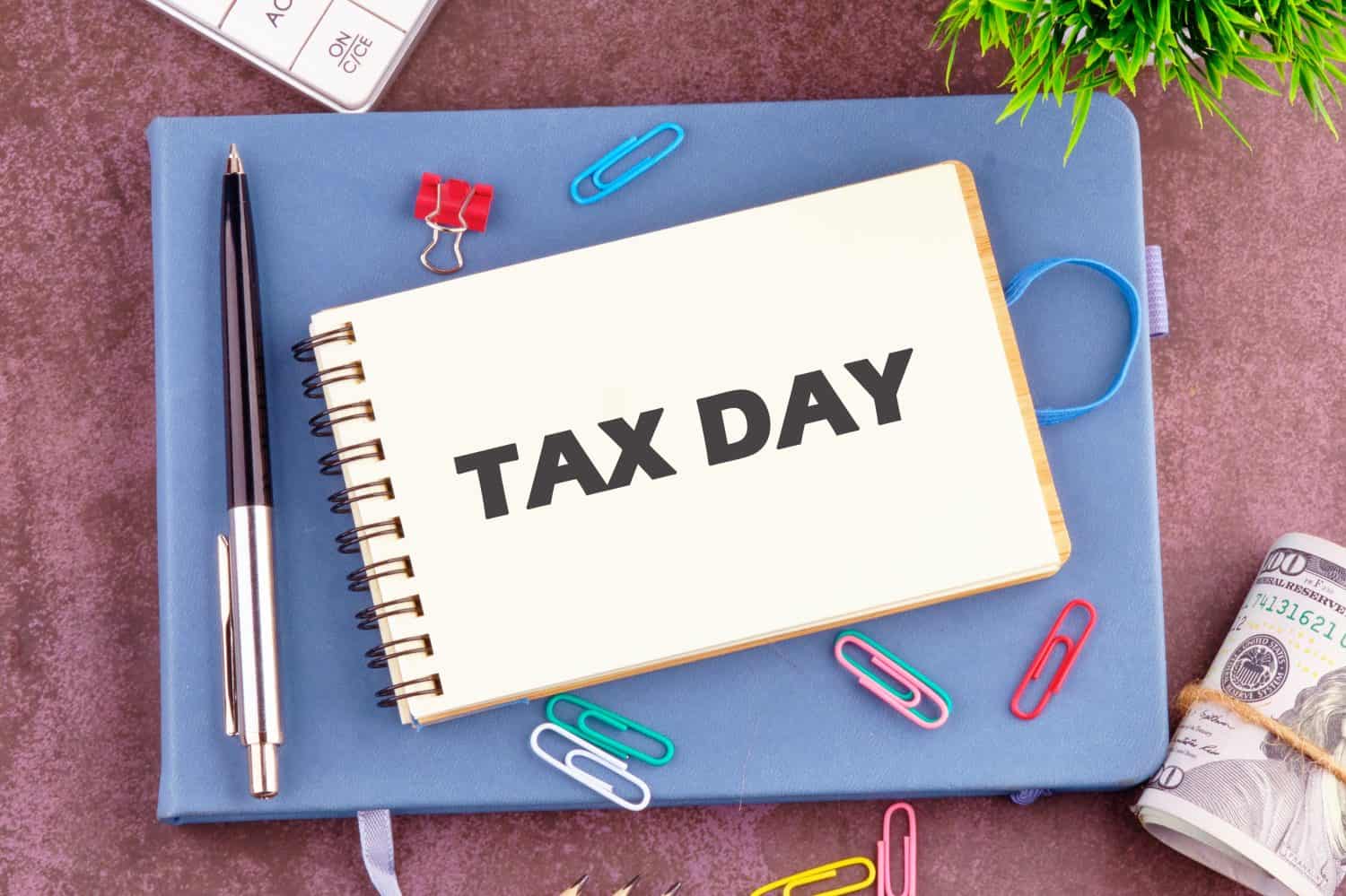
One of the most remembered phrases leading up to the war, this slogan captured colonial opposition to implementing multiple British taxes without input from the colonies. This slogan immediately became a rallying cry around the demand for representation for the colonies in the British Parliament and would become a focal point of calls for independence.
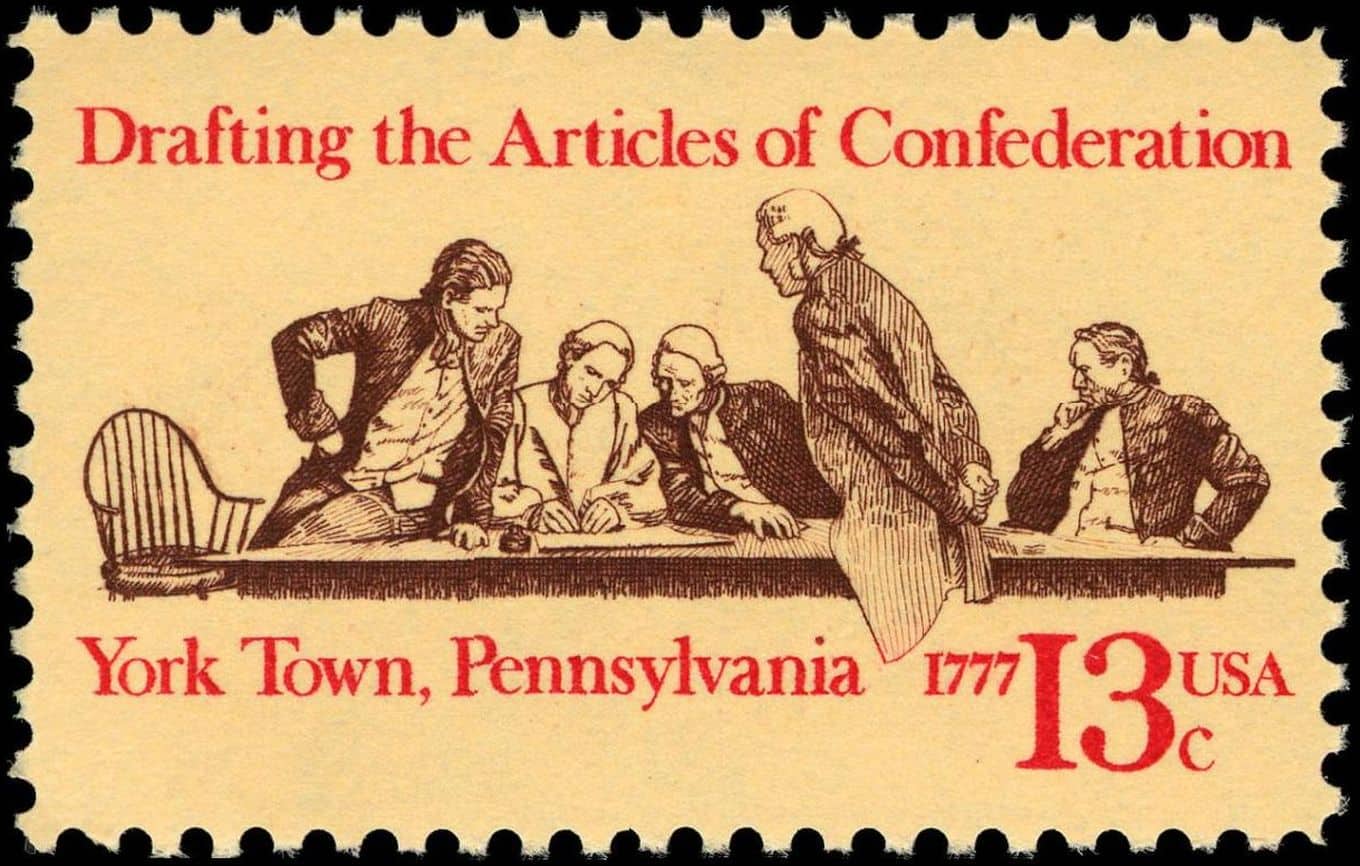
What were the Articles of Confederation, and why were they important?
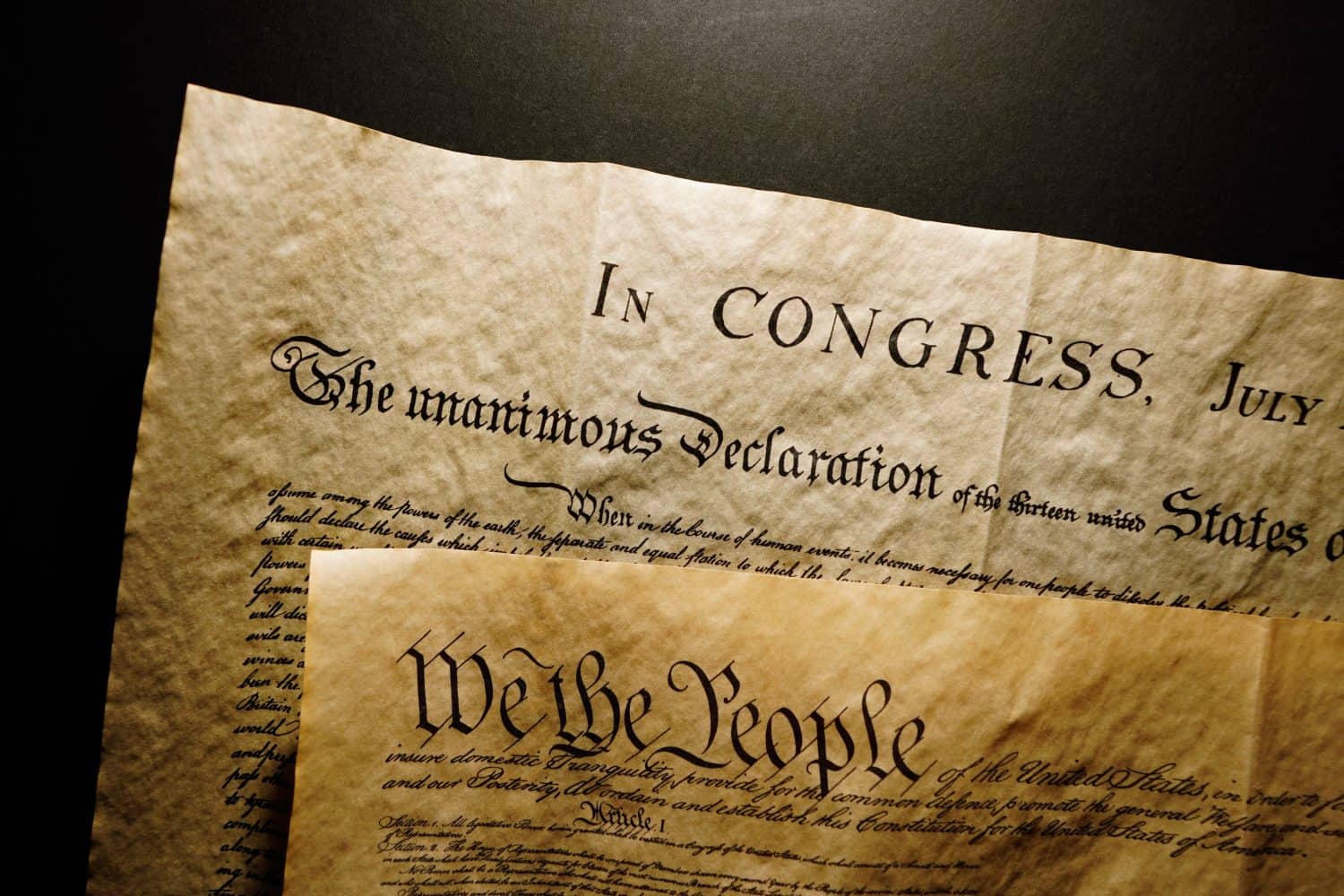
The Articles of Confederation were adopted in 1777 while the Revolutionary War was ongoing. The focal point of this document was the establishment of a weak central government, which was a direct reflection of the colonist’s fear of authoritarian rule. Ultimately, the document led to the US Constitution and the government’s need to levy taxes and create a slightly stronger government, albeit different from the British crown.
Start by taking a quick retirement quiz from SmartAsset that will match you with up to 3 financial advisors that serve your area and beyond in 5 minutes, or less.
Each advisor has been vetted by SmartAsset and is held to a fiduciary standard to act in your best interests.
Here’s how it works:
1. Answer SmartAsset advisor match quiz
2. Review your pre-screened matches at your leisure. Check out the advisors’ profiles.
3. Speak with advisors at no cost to you. Have an introductory call on the phone or introduction in person and choose whom to work with in the future
Thank you for reading! Have some feedback for us?
Contact the 24/7 Wall St. editorial team.